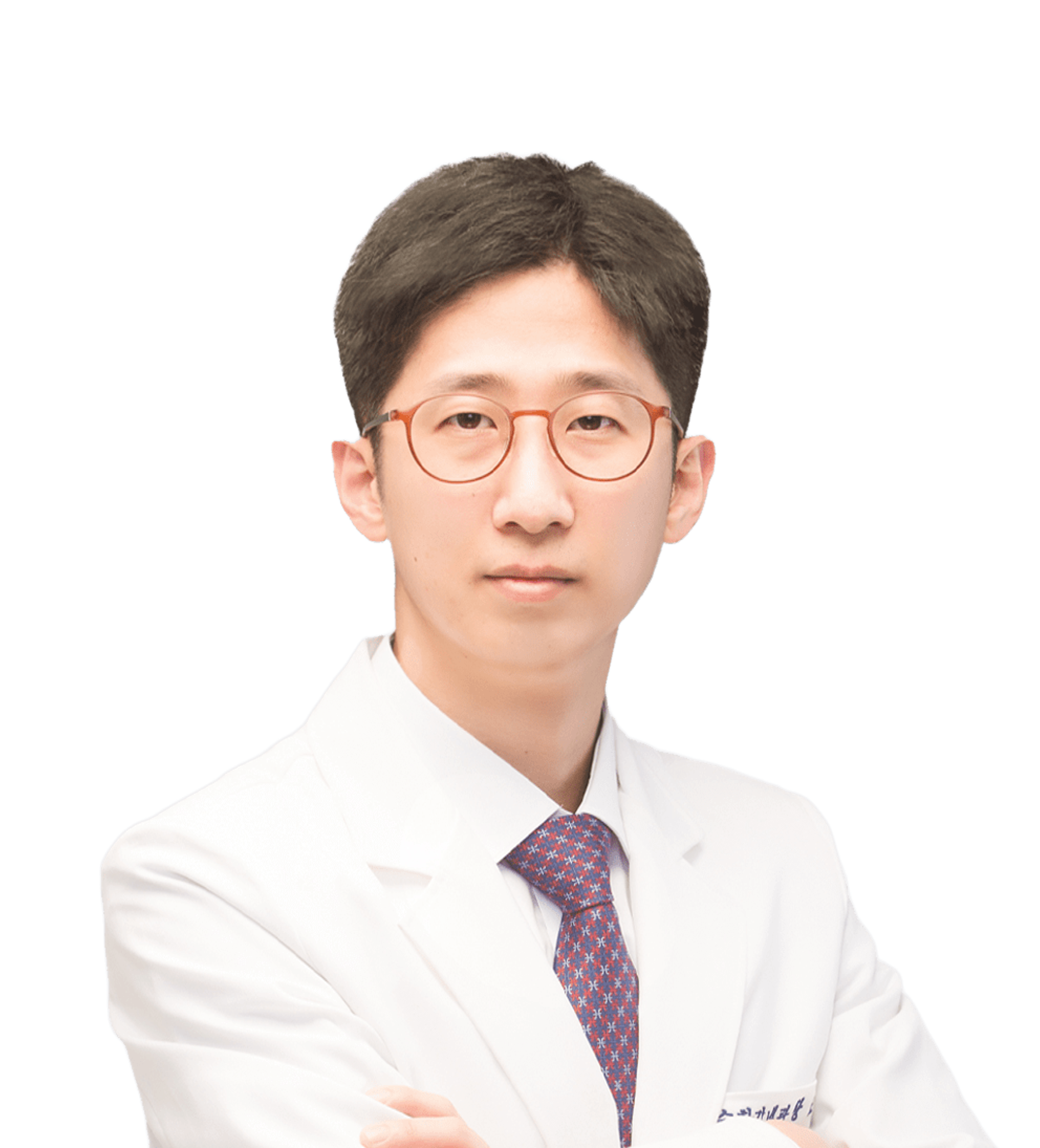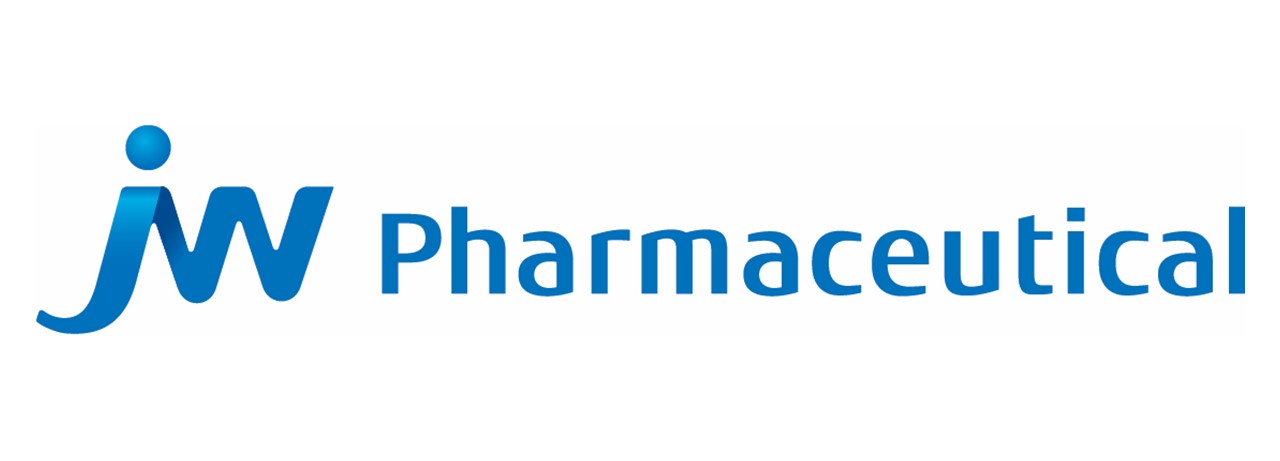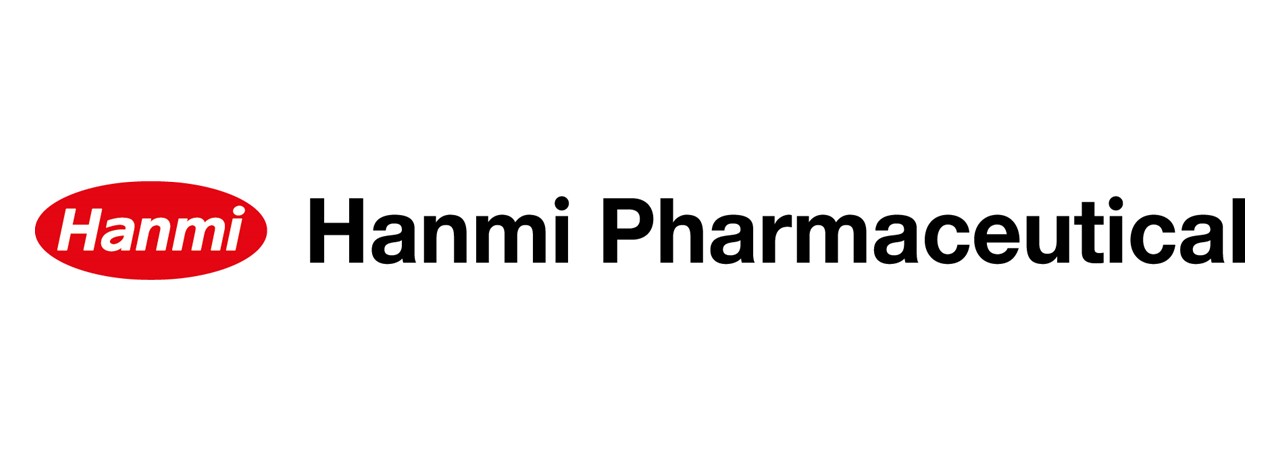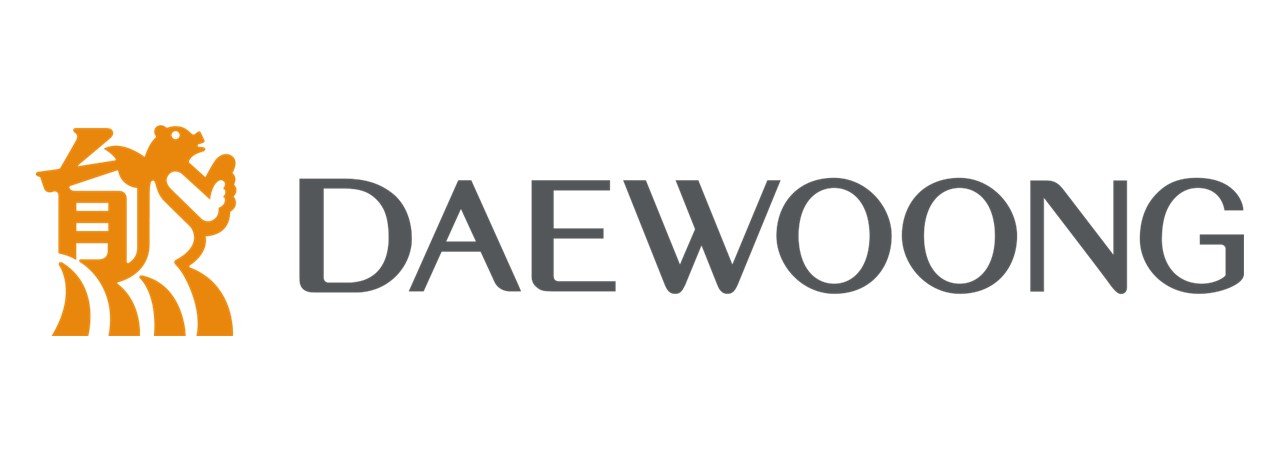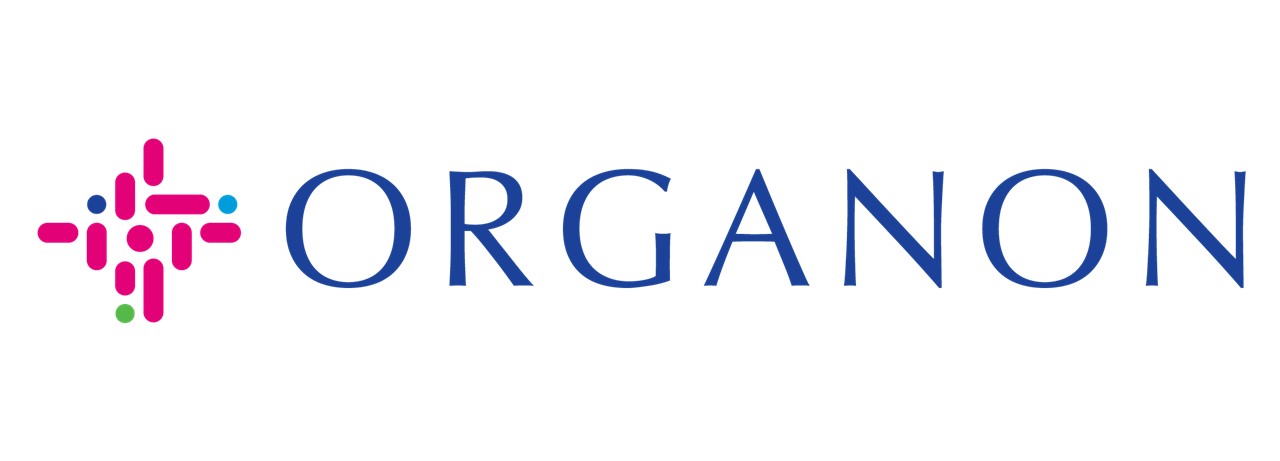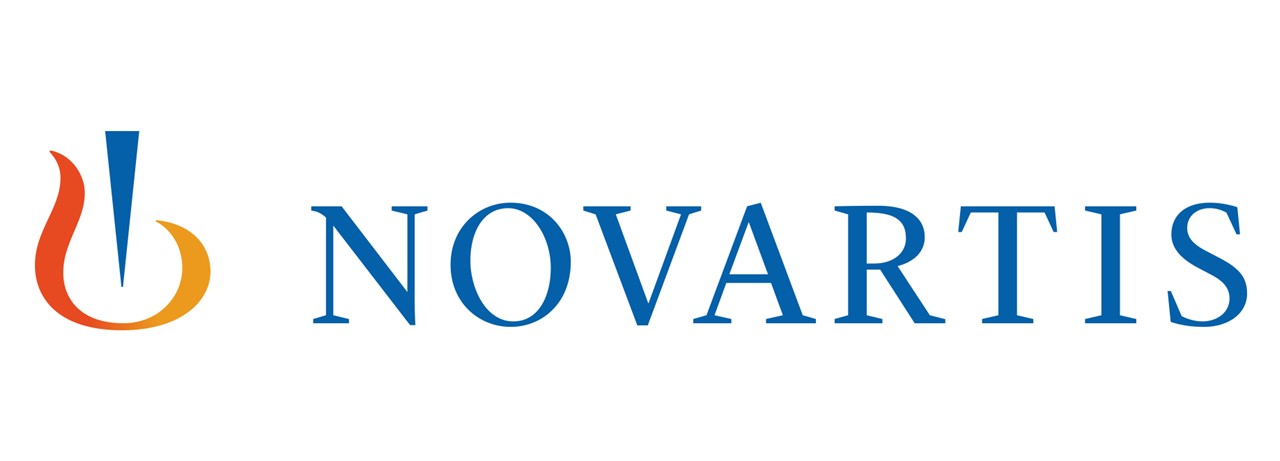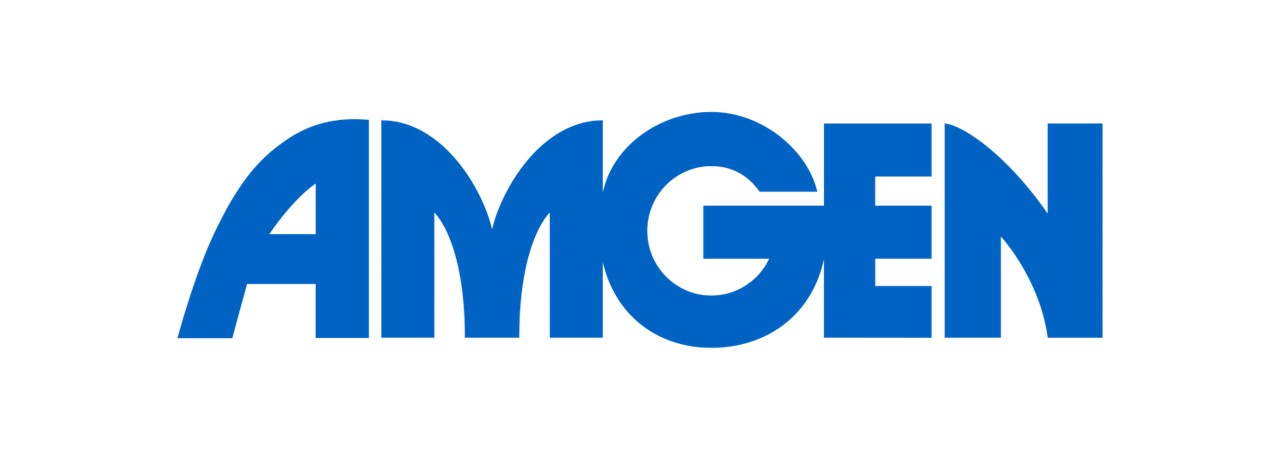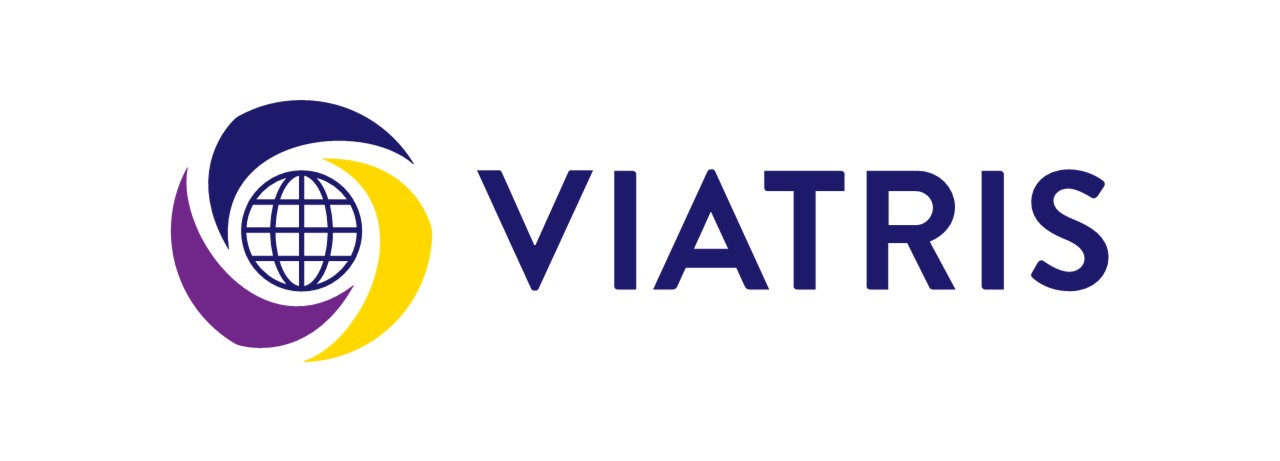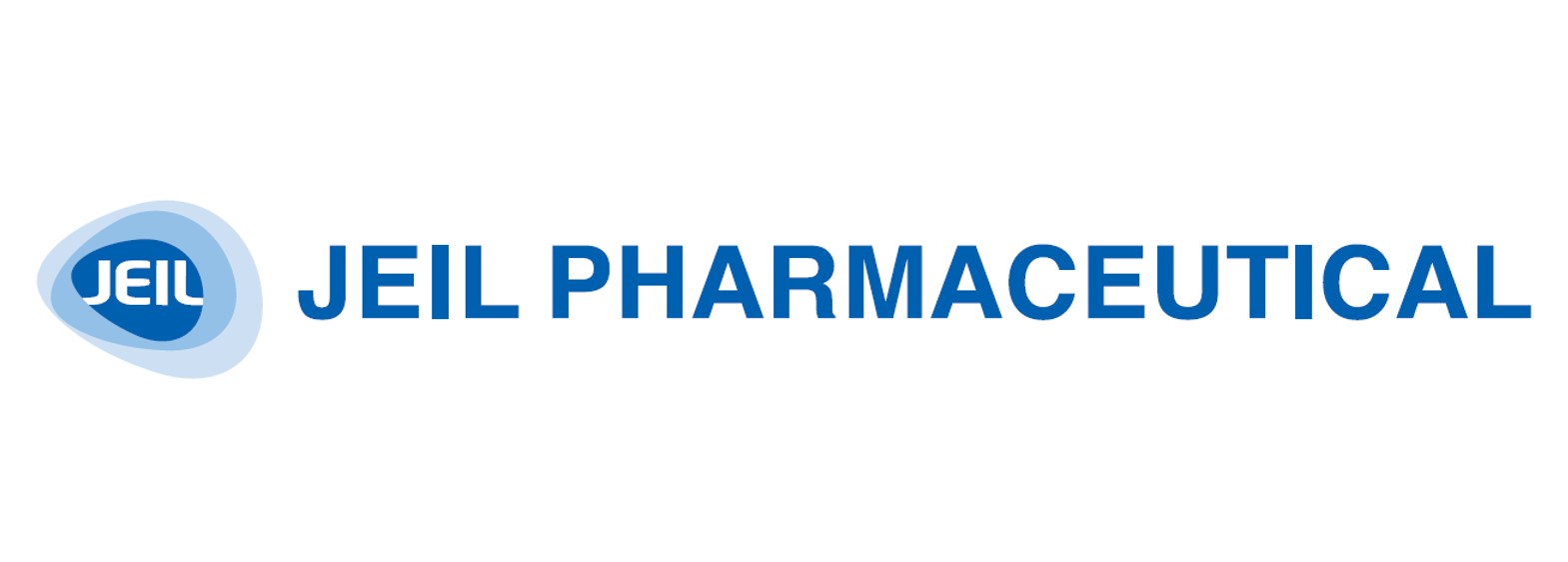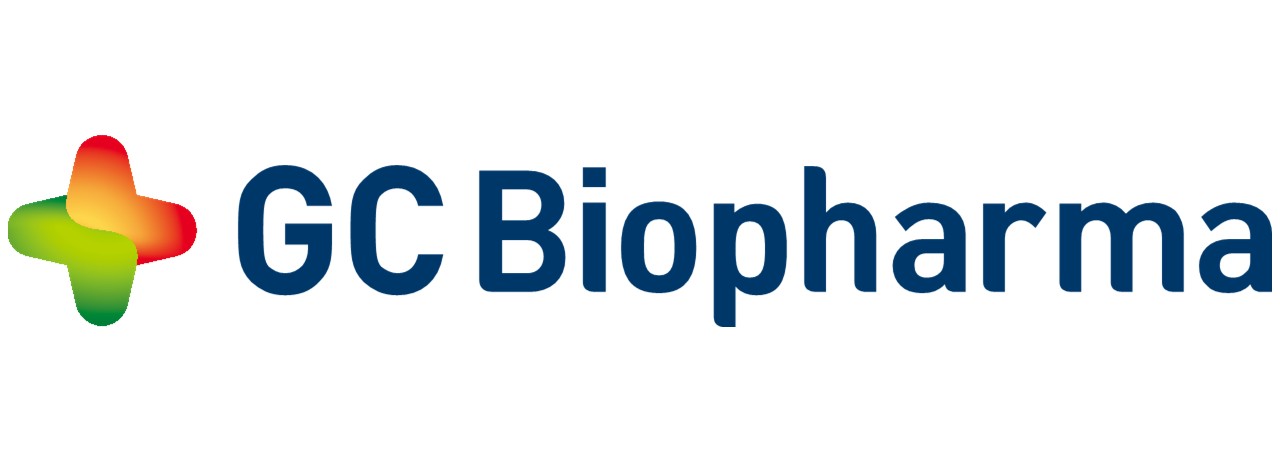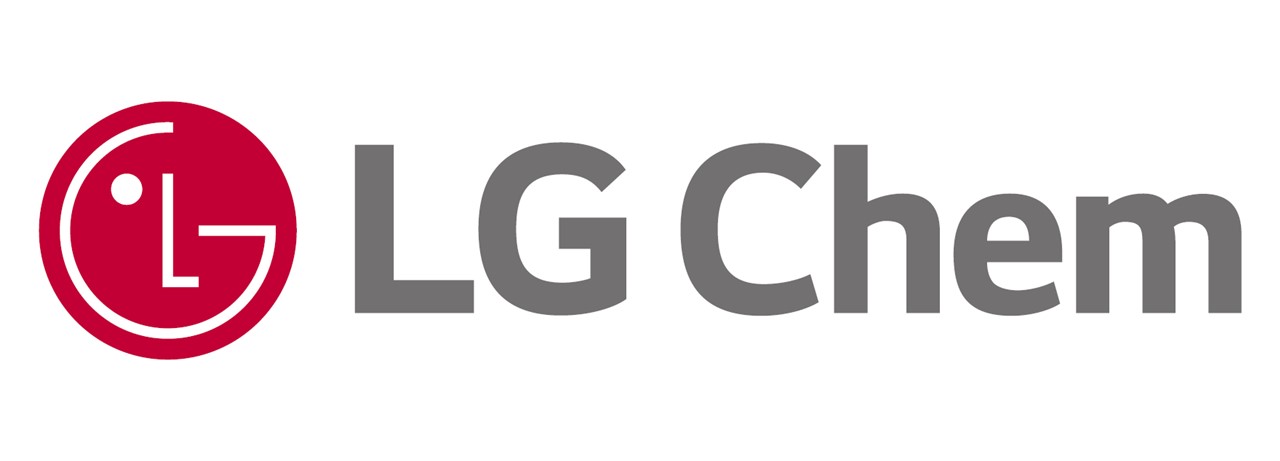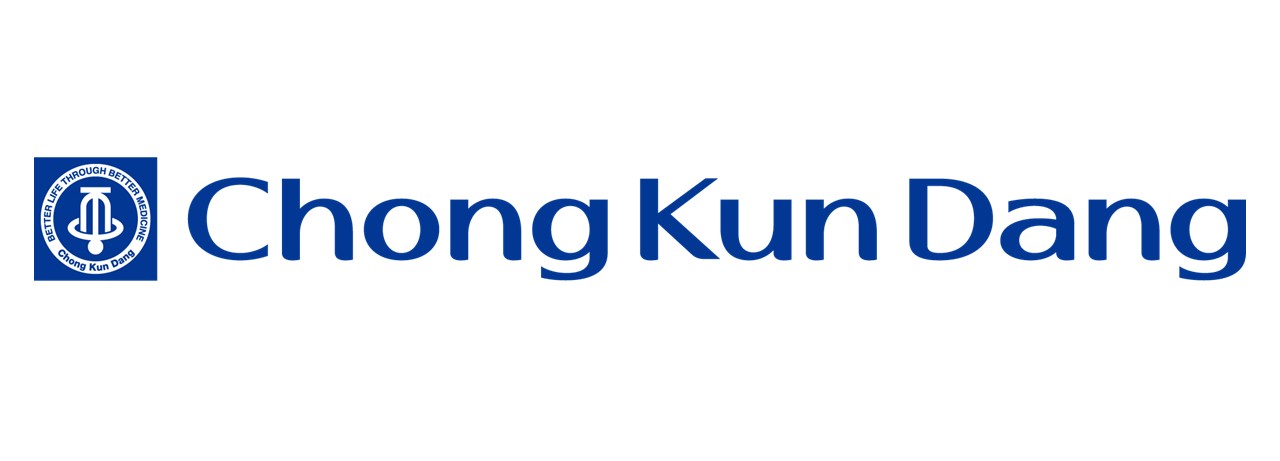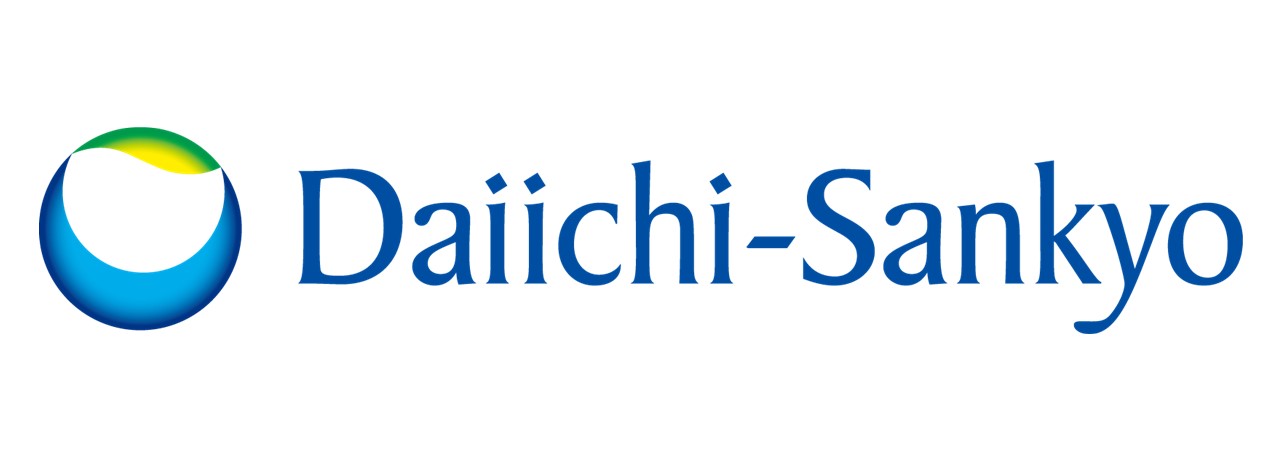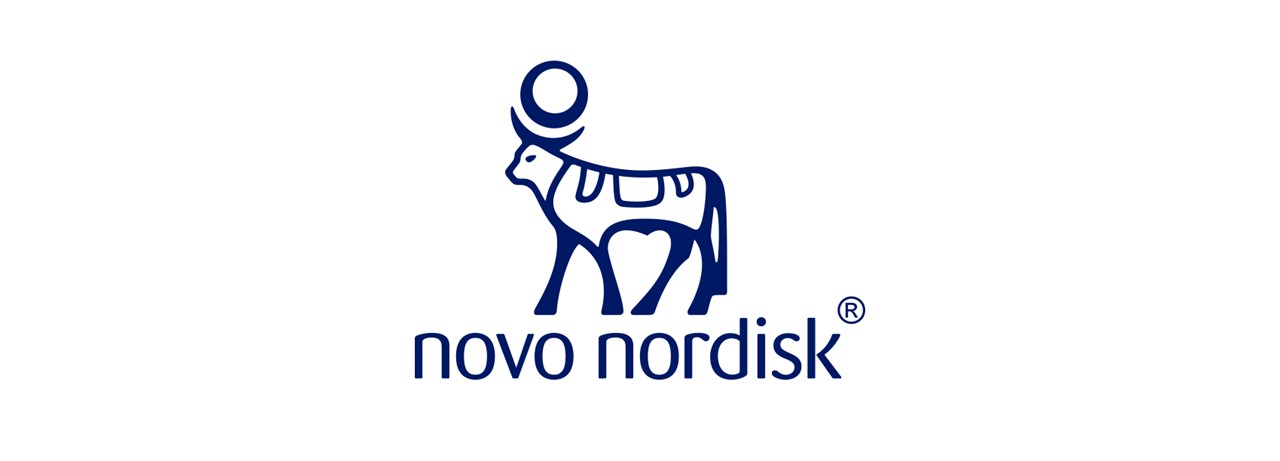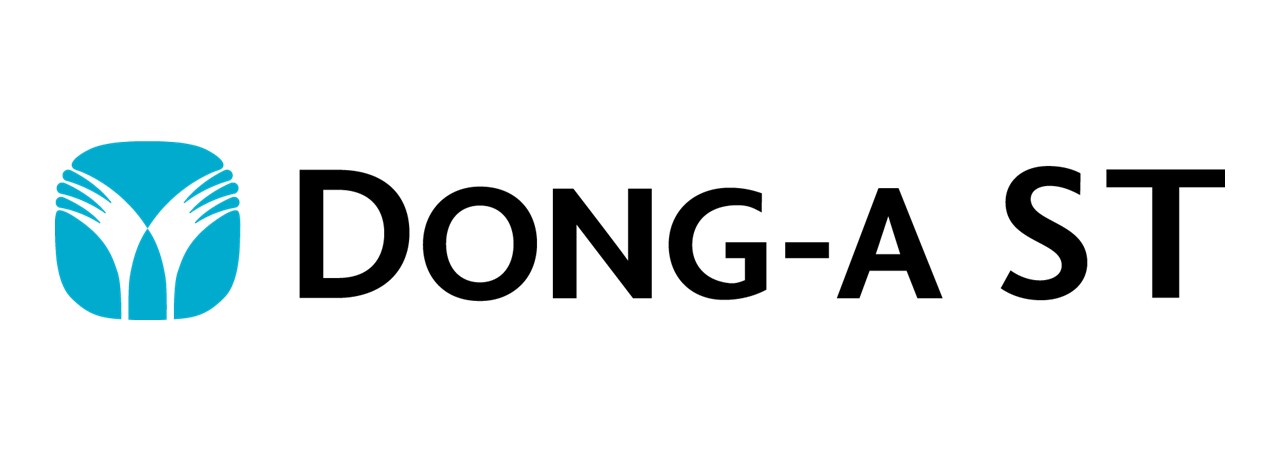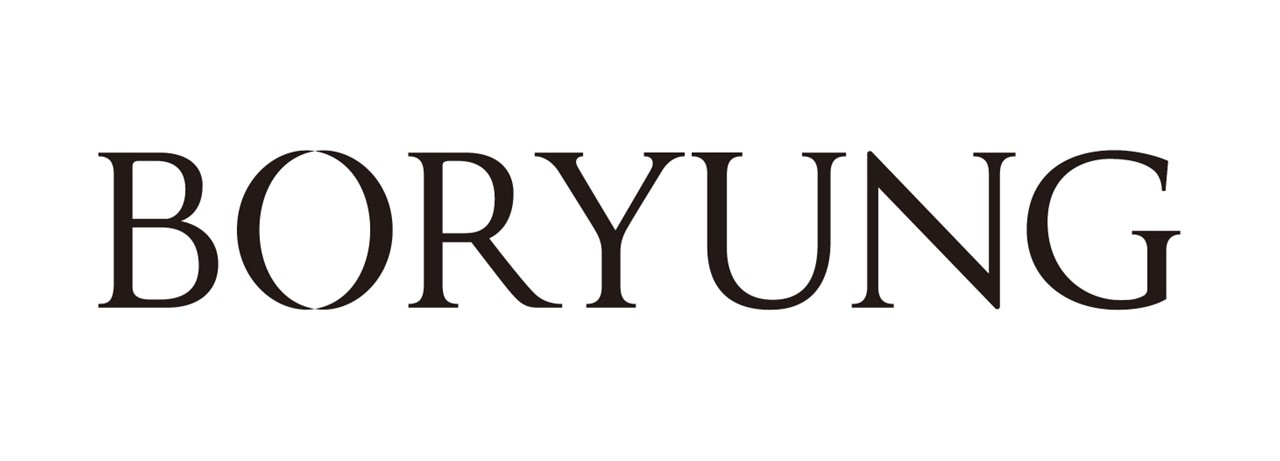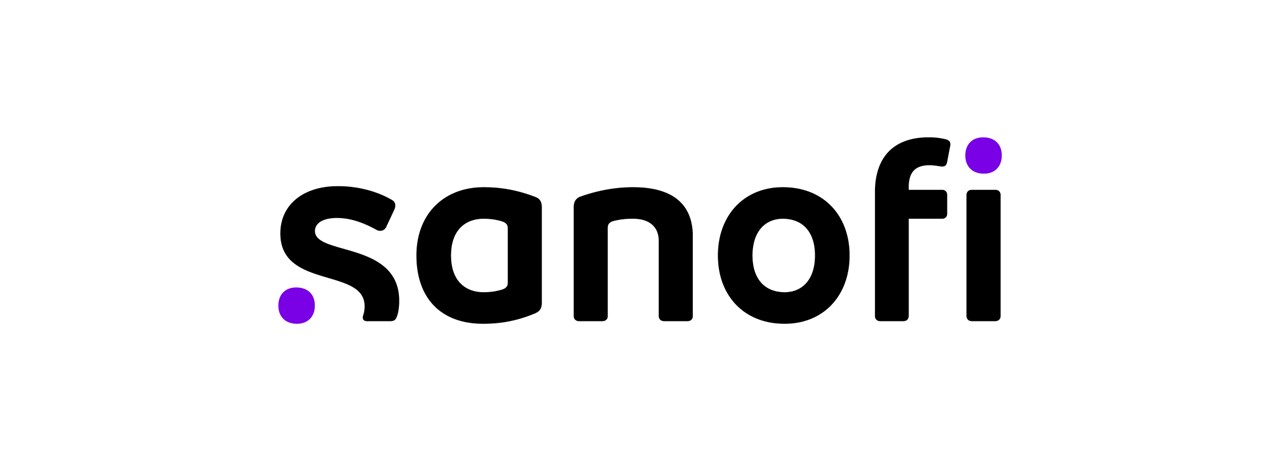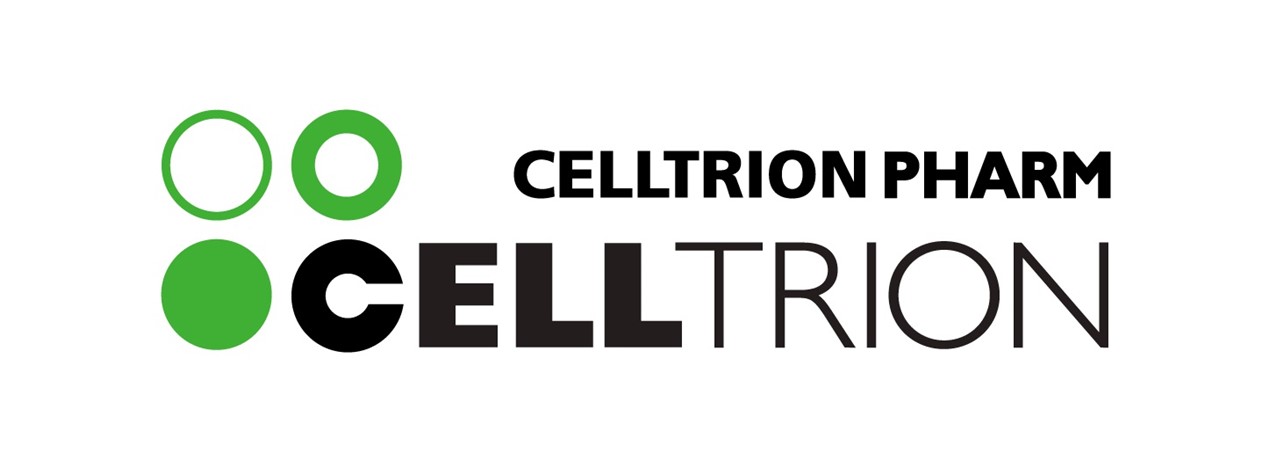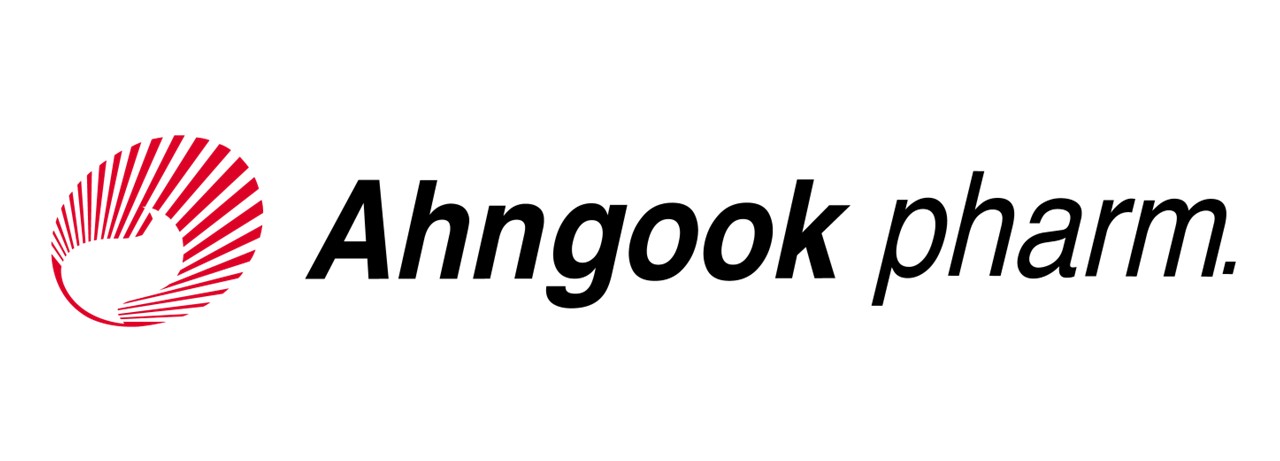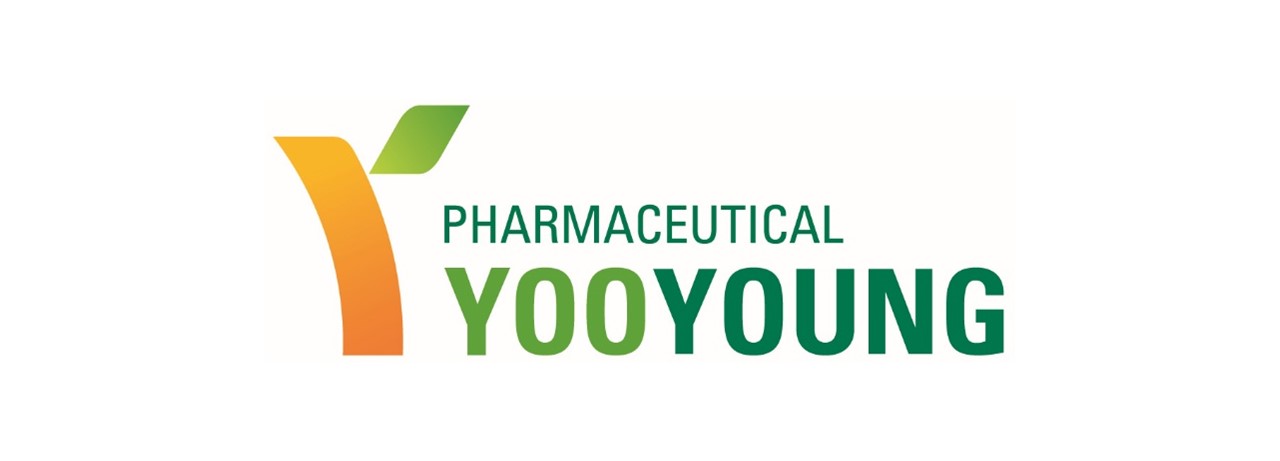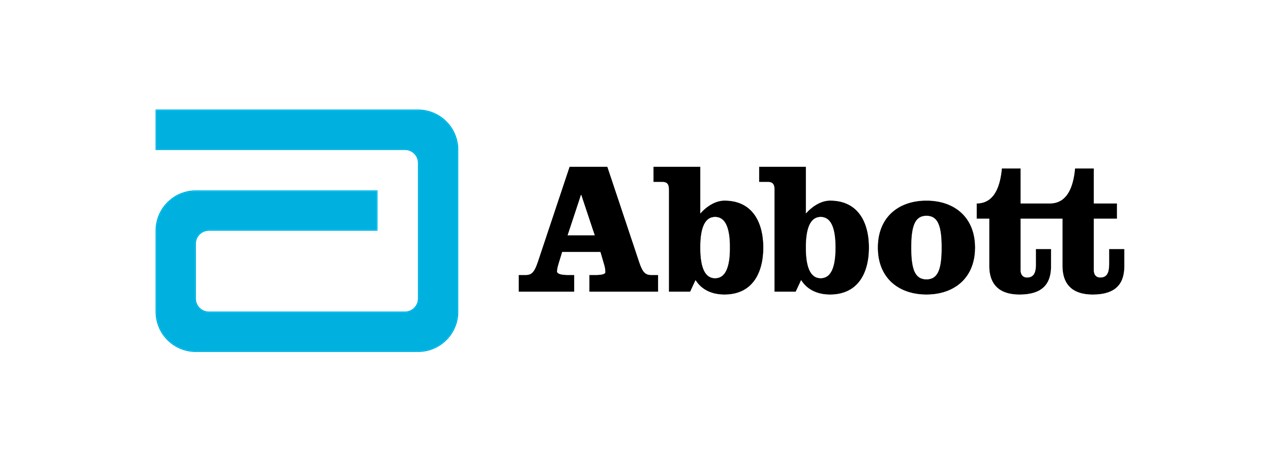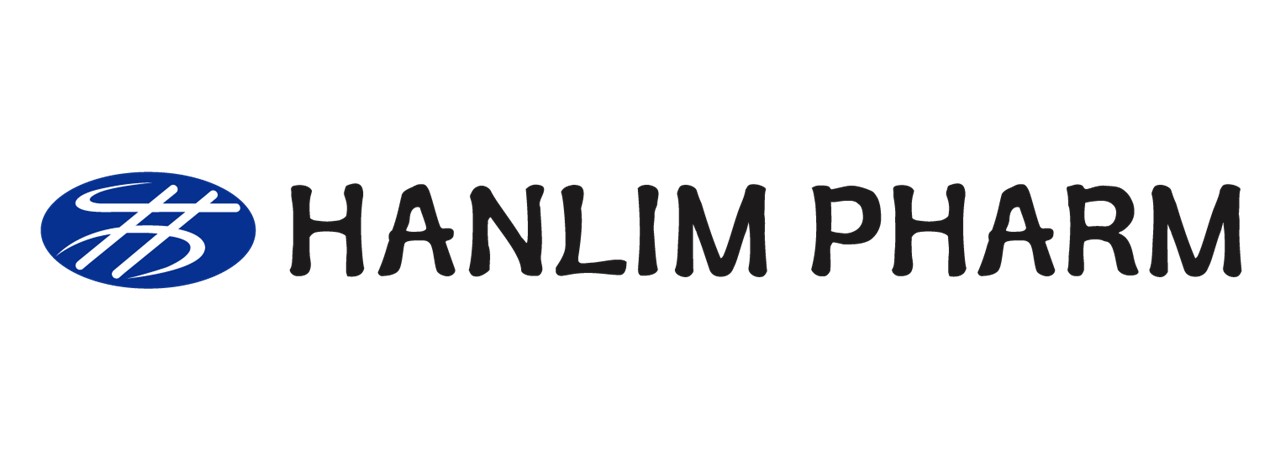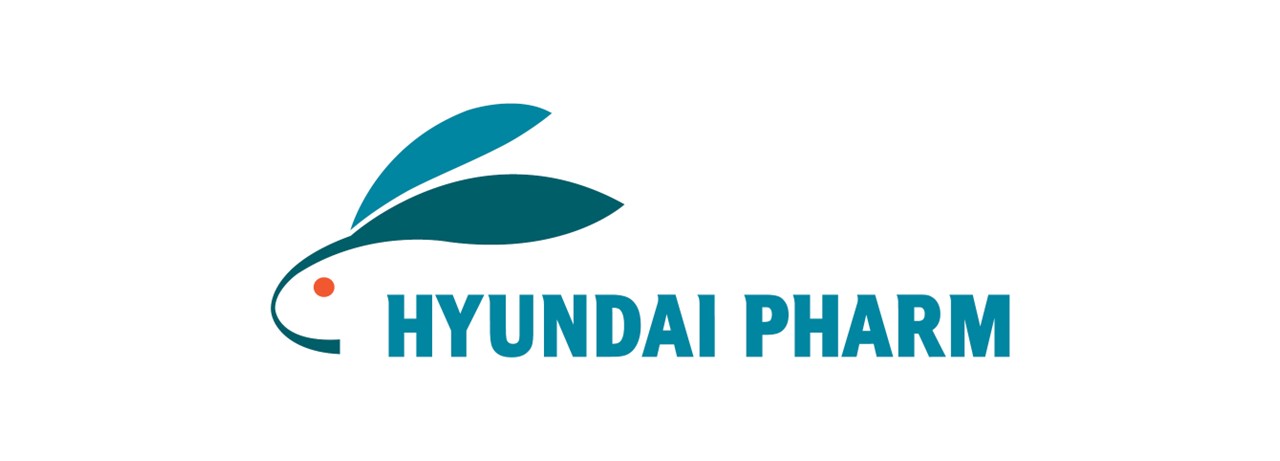Chairperson(s) : Jae-Ryong Kim (Yeungnam University, Republic of Korea), Hyoung Kyu Kim (Inje University, Republic of Korea)
Panel(s) : Kyuho Kim (The Catholic University of Korea, Republic of Korea), Jeonghan Kim (The Catholic University of Korea, Republic of Korea), Chang-Hoon Woo (Yeungnam University, Republic of Korea)
DetailThis session will explore novel insights into the role of lipid toxicity and platelet signaling in the pathogenesis of atherosclerotic inflammation. Professor Ok-Nam Bae from Hanyang University, Republic of Korea, will present on how environmental toxicants such as nanoparticles and biocides disrupt lipid homeostasis and promote vascular inflammation. Professor Jun Young Hong from Yonsei University, Republic of Korea, will discuss immune-driven remodeling of lipid metabolism that induces whitening of brown adipose tissue under thermoneutral conditions, highlighting the crosstalk between immunity and energy metabolism. Professor Jin O-Uchi from University of South Florida, USA, will elucidate the functional role of the mitochondrial calcium uniporter in human platelets and its impact on platelet aggregation and thrombosis. This multidisciplinary session will offer a comprehensive view on how metabolic stress, immune dysregulation, and platelet activation converge to drive vascular pathology.
-

From nanoparticles to biocides: how toxic chemicals alter lipid homeostasis and accelerate atherosclerotic events
Ok-Nam Bae Hanyang University, Republic of Korea 13:00~13:20 -
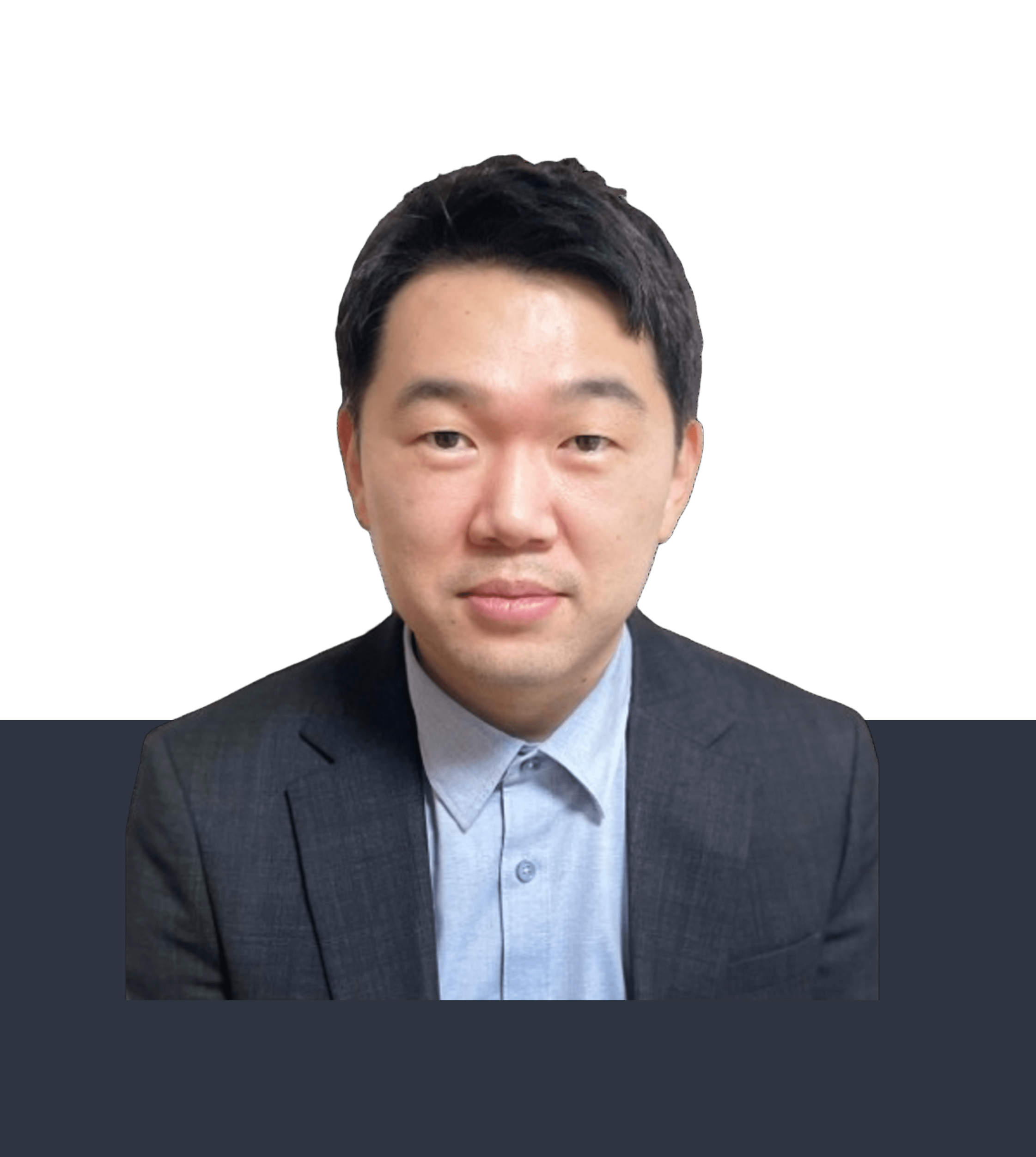
Immune modulation of lipid metabolism promotes BAT whitening under thermoneutral conditions
Jun Young Hong Yonsei University, Republic of Korea 13:20~13:40 -
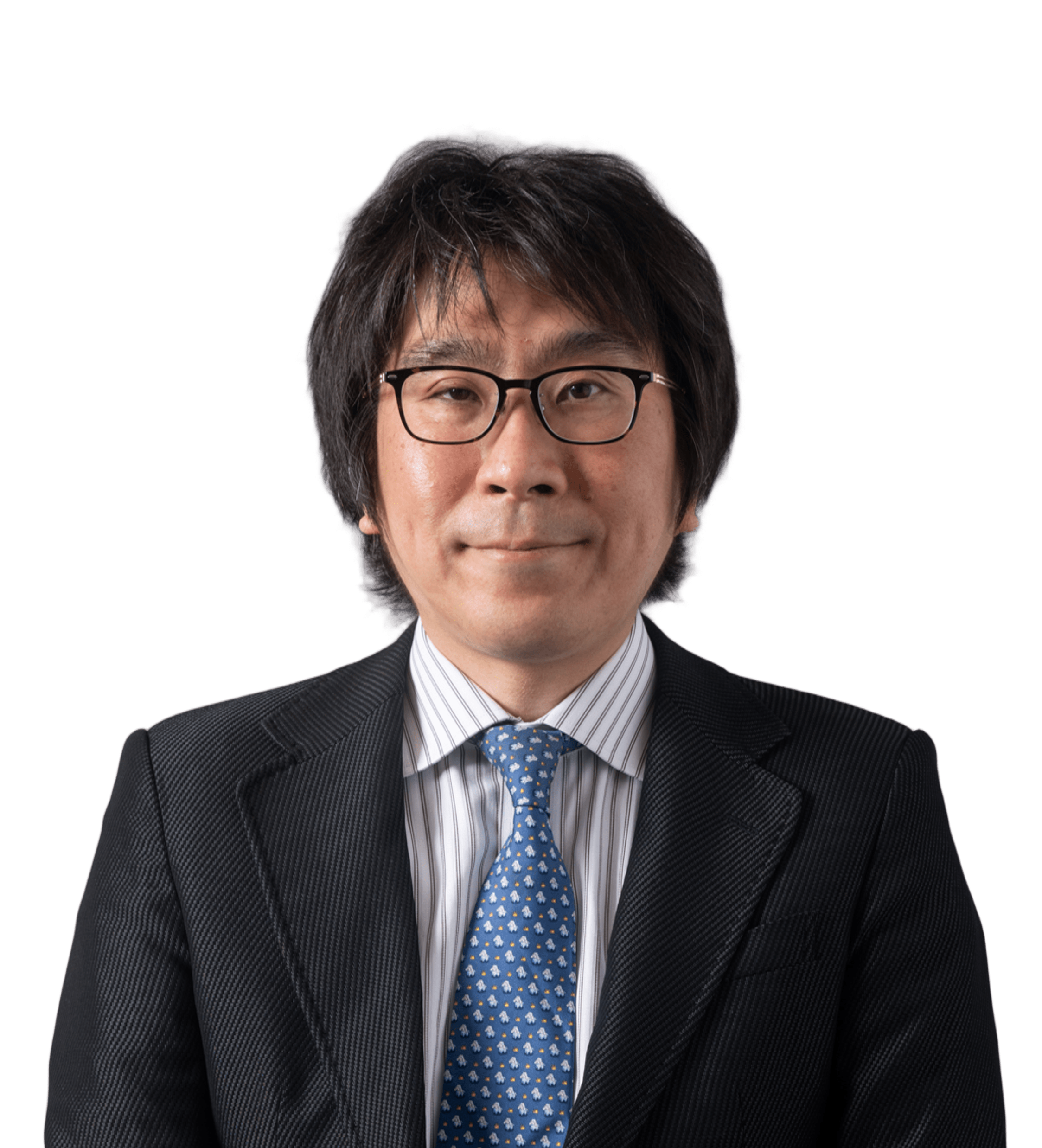
Role of MCU in human platelet aggregation
Jin O-Uchi University of South Florida, USA 13:40~14:00 - Panel Discussion 14:00~14:30
Chairperson(s) : Jun-Hee Lee (Hallym University, Republic of Korea), Sungha Park (Yonsei University, Republic of Korea)
Panel(s) : Soo-Jin Kim (Kosin University, Republic of Korea), Ye Seul Yang (Seoul National University, Republic of Korea), Sangmo Hong (Hanyang University, Republic of Korea)
DetailIn this special session titled “Redefining Cardiovascular Care: PCSK9 Mechanisms and siRNA-Based Advances,” ICoLA 2025 brings together leading experts to explore emerging molecular and clinical insights into lipid regulation and atherosclerotic disease management. The session opens with a comprehensive exploration of PCSK9—the master regulator of LDL metabolism and a key player in vascular inflammation—highlighting its central role in atherosclerosis. The second presentation focuses on the promise of siRNA-based lipid-lowering therapies, showcasing their transformative potential for sustained LDL-C control. Finally, the session addresses novel approaches to managing familial hypercholesterolemia beyond statin therapy, offering new hope for patients with genetically driven dyslipidemia. This session integrates advances in molecular biology, therapeutic innovation, and clinical practice, paving the way for a redefined and more personalized approach to cardiovascular prevention and treatment.
-
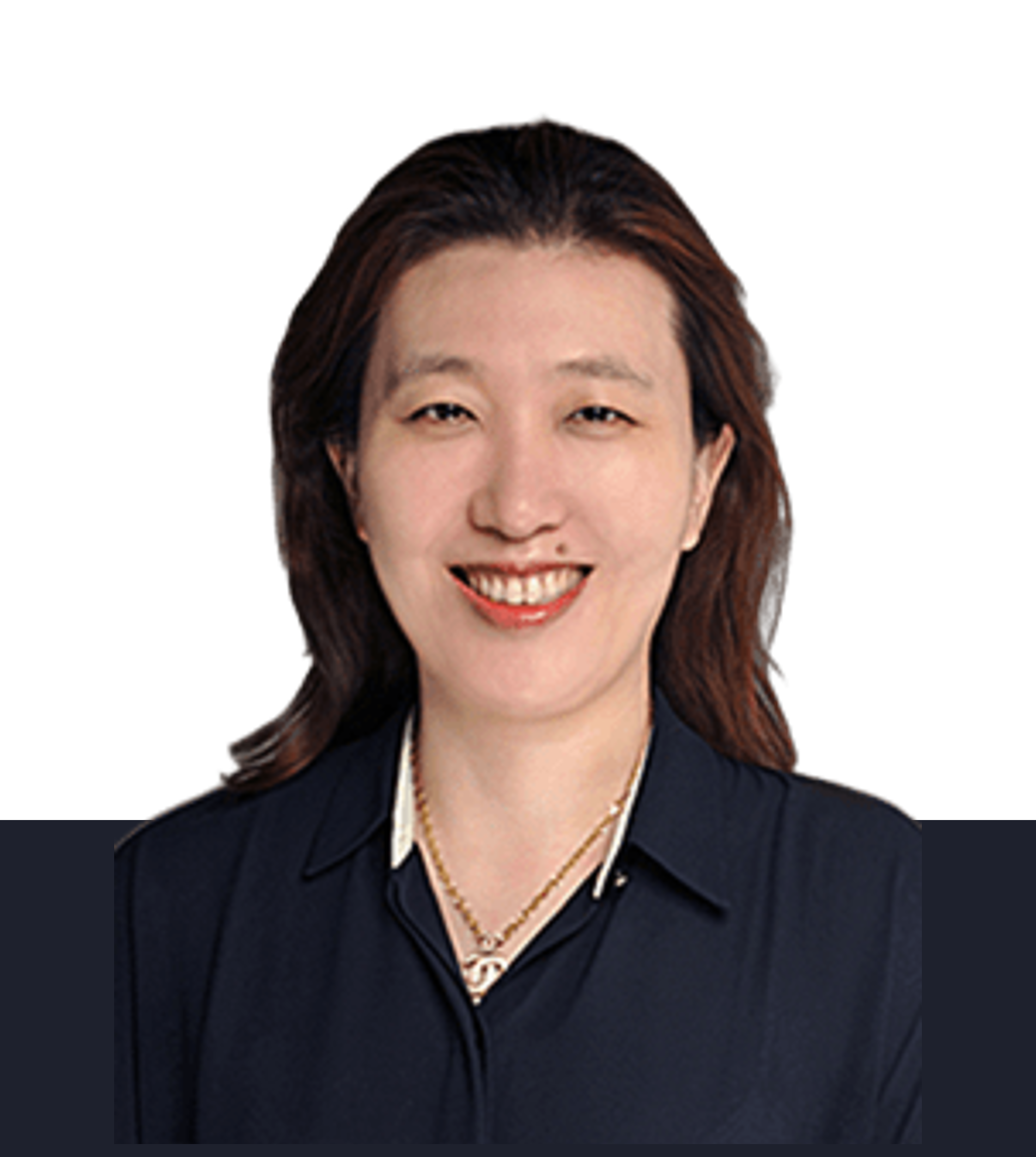
Deep dive into PCSK9: the master regulator of LDL metabolism and inflammation
Hyun-Duk Jang Seoul National University, Republic of Korea 14:40~15:00 -
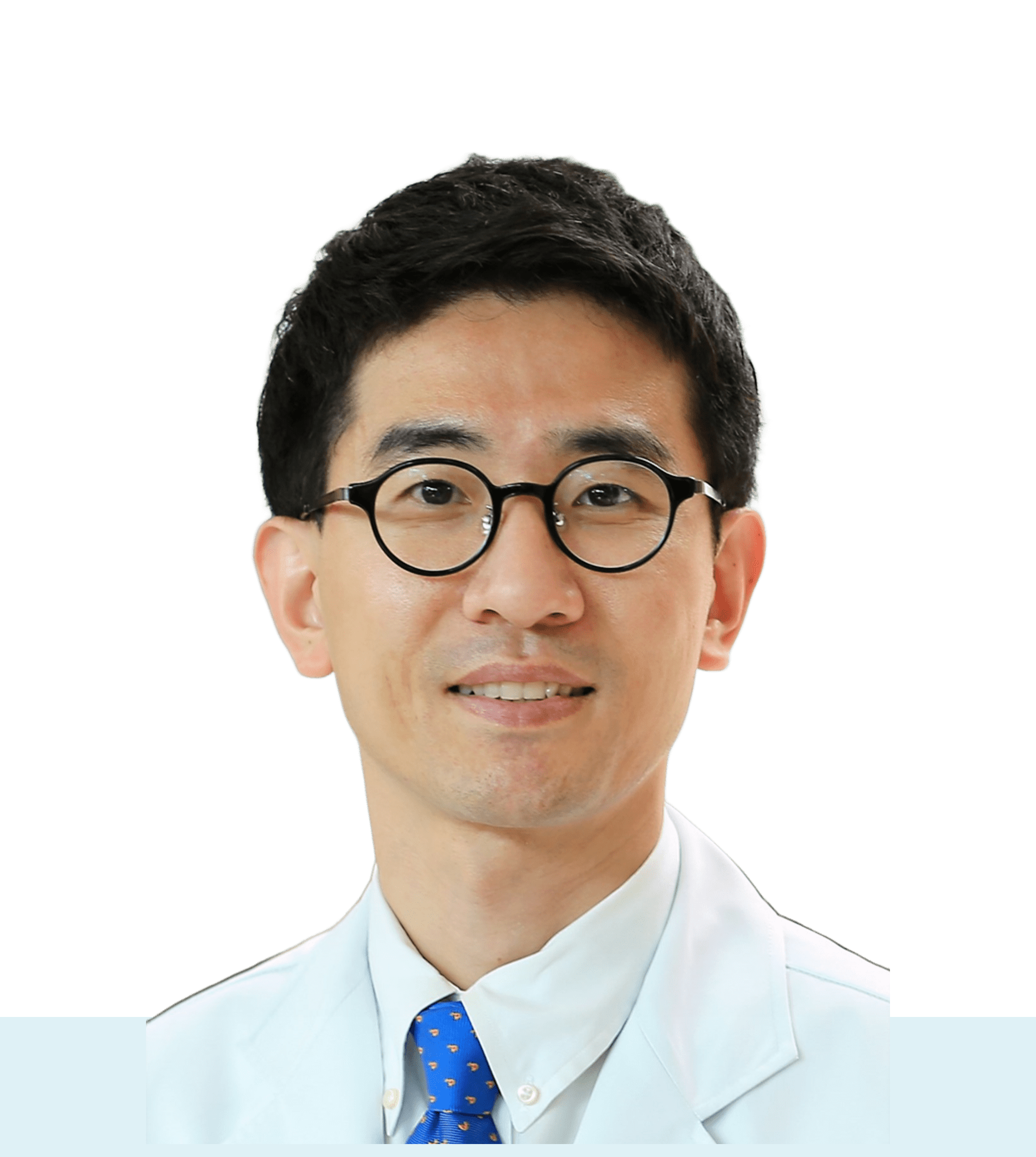
siRNA-based lipid therapies: a revolution in cholesterol management
Jin Wi Gachon University, Republic of Korea 15:00~15:20 -

Familial hypercholesterolemia treatment beyond statin
Rodrigo Alonso Center for Advanced Metabolic Medicine and Nutrition, Chile 15:20~15:40 - Panel Discussion 15:40~16:10
Chairperson(s) : Sung Nim Han (Seoul National University, Republic of Korea), Jeongseon Kim (National Cancer Center, Republic of Korea)
Panel(s) : Dae-Young Kim (Inha University, Republic of Korea), Hyun-Jin Kim (Hanyang University, Republic of Korea), Yongjoo Park (Chonnam National University, Republic of Korea), Sangmo Hong (Hanyang University, Republic of Korea)
DetailRecent updates to the ASCVD risk prediction model, including the introduction of the PREVENT equation, reflect several key advances—one of which is the integration of socioeconomic factors. This shift highlights the growing recognition of social determinants as important contributors to cardiovascular risk. In this session, we will explore the multifaceted impact of socioeconomic status on ASCVD. Professor Seonghee Choi from Seoul National University Bundang Hospital, Republic of Korea, will discuss the underlying mechanisms linking socioeconomic disadvantage to cardiovascular outcomes. Professor Jongha Baek from Gyeongsang National University, Republic of Korea, will present epidemiological evidence illustrating the magnitude of this association. Finally, Professor Sadiya S. Khan from Northwestern University Feinberg School of Medicine, USA, will introduce a novel cardiovascular risk prediction model that incorporates socioeconomic variables into traditional clinical frameworks.
-
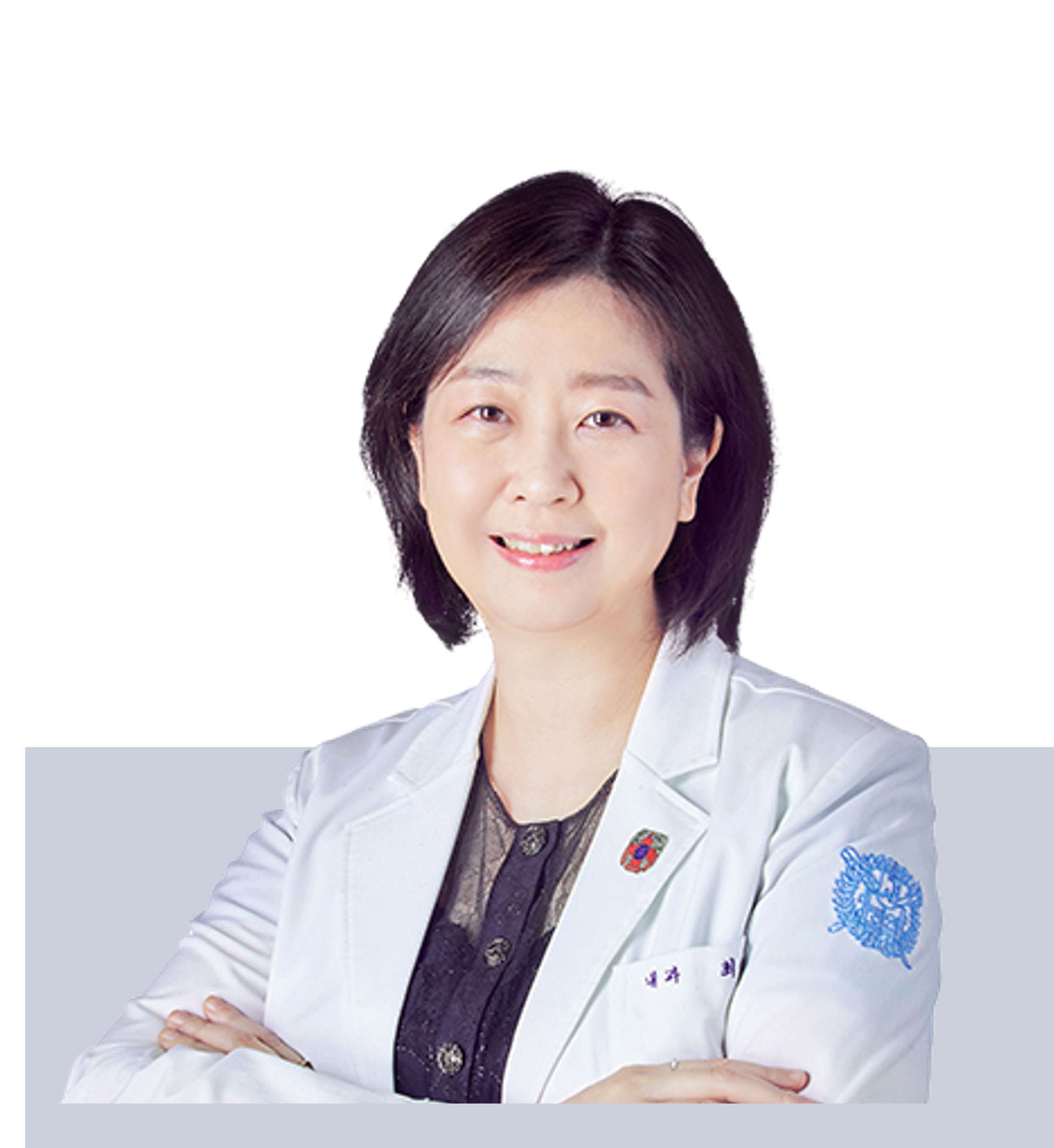
Mechanisms linking socioeconomic status and cardiovascular risk
SungHee Choi Seoul National University, Republic of Korea 16:20~16:40 -
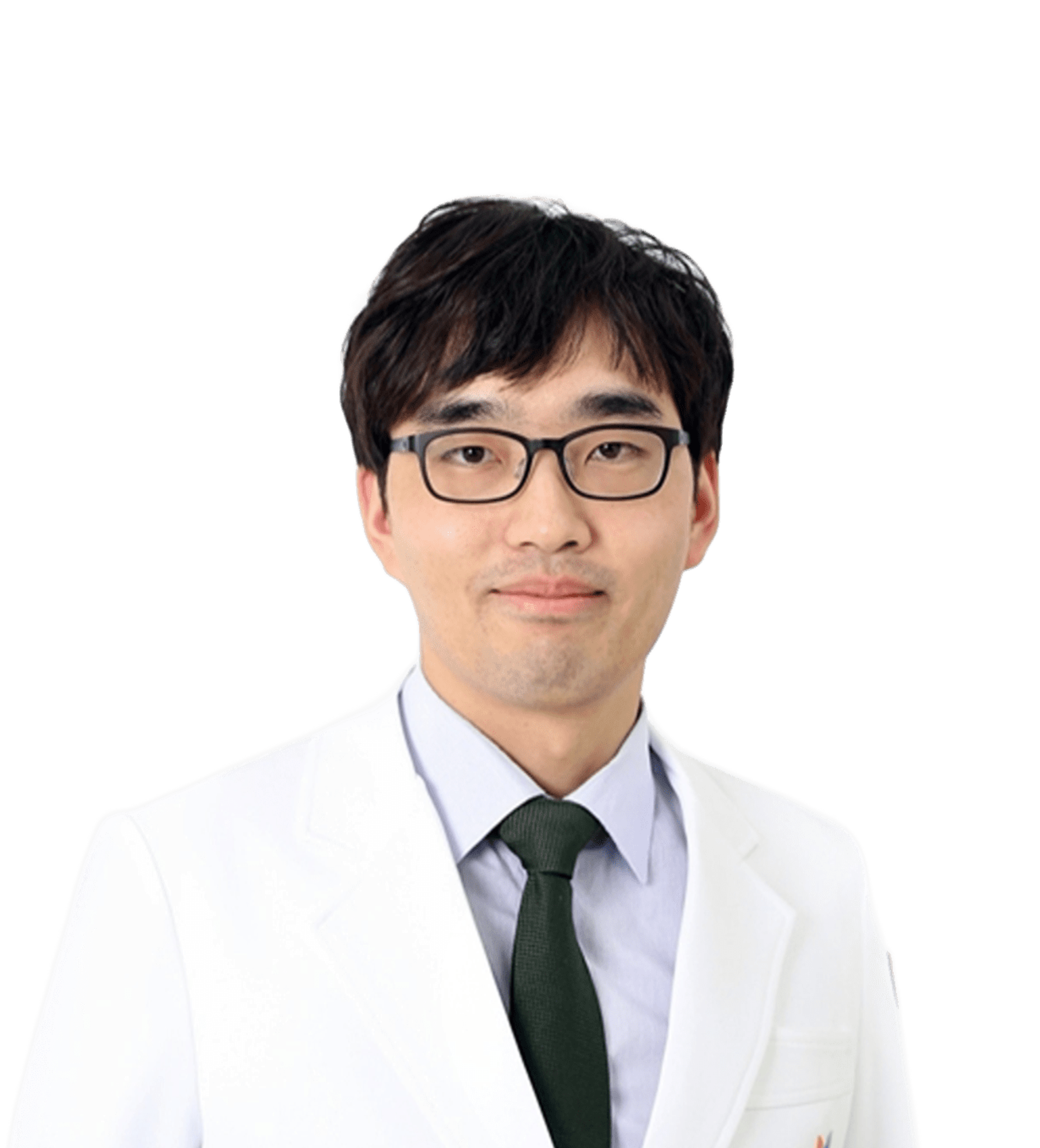
Epidemiologic evidence on socioeconomic status and cardiovascular outcomes
Jong-Ha Baek Gyeongsang National University, Republic of Korea 16:40~17:00 -
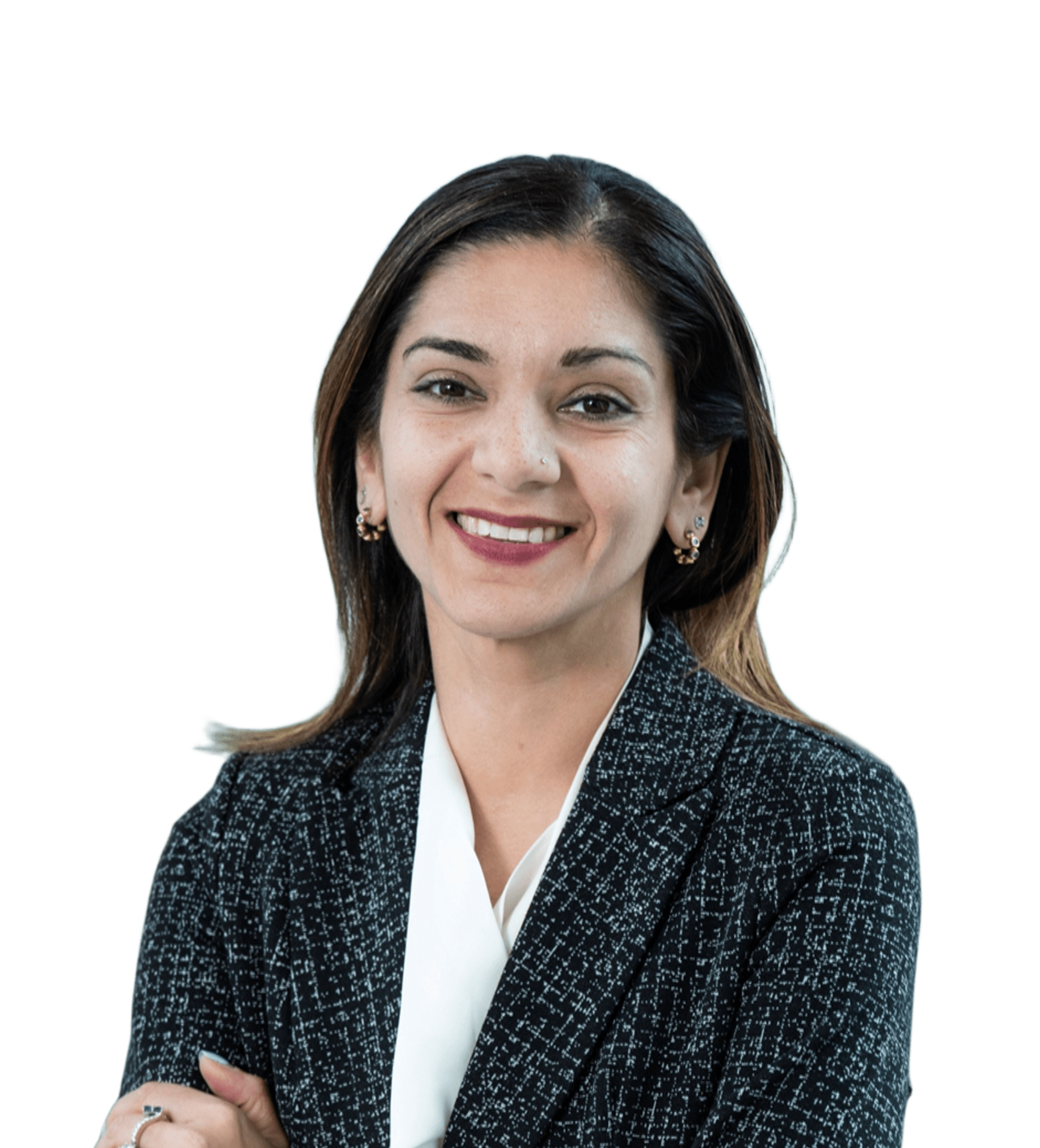
New models for CVD risk assessment: incorporating socioeconomic data
Sadiya S. Khan Northwestern University, USA 17:00~17:20 - Panel Discussion 17:20~17:50
Chairperson(s) : Myung A Kim (Seoul National University, Republic of Korea)
Chairperson(s) : Keeho Song (Konkuk University, Republic of Korea), Sang-Rok Lee (Jeonbuk National University, Republic of Korea)
Panel(s) : Min Kyong Moon (Seoul National University, Republic of Korea), Jaehyun Bae (Hallym University, Republic of Korea), Ji-Yong Jang (National Health Insurance Service Ilsan Hospital, Republic of Korea)
DetailSymposium 13 will highlight current trends and regional advances in dyslipidemia management, shaping the future of lipid care in Asia. The session opens with an overview of the 2024 KSoLA Consensus on Secondary Dyslipidemia, presenting practical guidance on managing lipid disorders in patients with comorbid conditions. It will then shift to epidemiological and clinical insights from China and Japan, where speakers will discuss national trends, healthcare innovations, and evolving treatment strategies. This symposium provides an opportunity to understand how different healthcare systems approach dyslipidemia and to explore collaborative pathways for improving lipid management across diverse populations in the Asia-Pacific region.
-

2024 KSoLA consensus on secondary dyslipidemia
Jae Hyun Bae Seoul National University, Republic of Korea 08:30~08:50 -
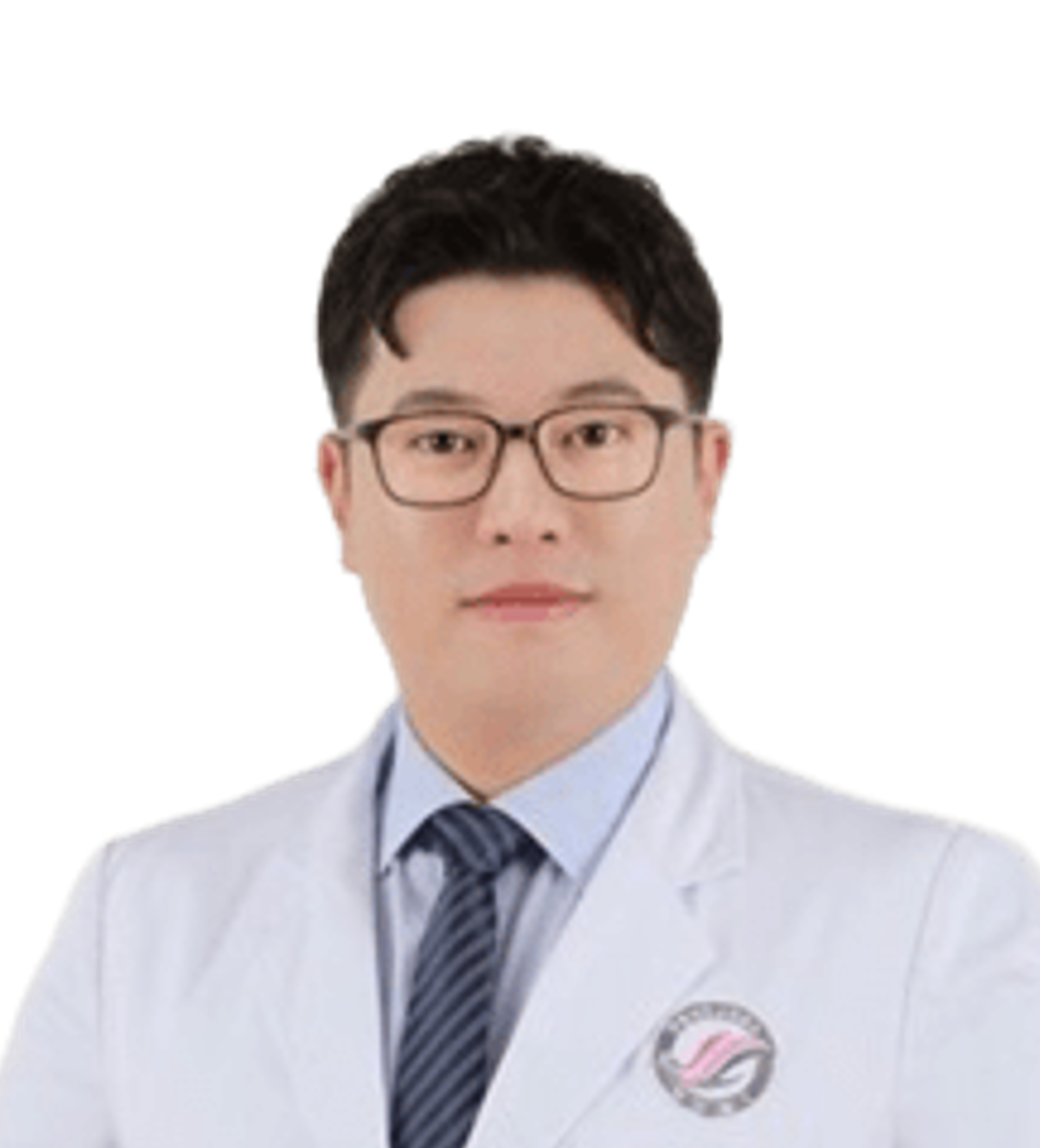
Understanding the progression of obesity-induced organ damage: Insights from the EAS staging system
Dae Young Cheon Hallym University, Republic of Korea 08:50~09:10 -

Sex-specific gaps in lipid management and ASCVD
Hyun-Jin Kim Hanyang University, Republic of Korea 09:10~09:30 - Panel Discussion 09:30~10:00
Chairperson(s) : Shung Chull Chae (Kyungpook National University, Republic of Korea)
Panel(s) : Youngsook Kim (Soonchunhyang University, Republic of Korea), Sungjoon Park (Seoul National University, Republic of Korea)
Chairperson(s) : Jeong-Taek Woo (Kyung Hee University, Republic of Korea), Min Kyong Moon (Seoul National University, Republic of Korea)
Panel(s) : Kyung-Soo Kim (CHA University, Republic of Korea), Minwoo Lee (Hallym University, Republic of Korea), Jung-Kyu Han (Seoul National University, Republic of Korea), Joon Ho Moon (Seoul National University, Republic of Korea)
DetailSymposium 16 is titled “Defining the Optimal LDL-C Target for Prevention of Atherosclerotic Cardiovascular and Cerebrovascular Disease.” The session opens with a cardiologist’s perspective on establishing optimal LDL-C goals for secondary prevention in high-risk patients. The second presentation offers a neurologist’s insights into optimal LDL-C levels specifically for stroke prevention. Finally, an endocrinologist will review the evidence for varying LDL-C targets according to diabetes duration and discuss strategies for personalized guideline development. This symposium promises to deliver critical, evidence-based perspectives to bridge guideline recommendations with real-world clinical practice in cardiovascular and cerebrovascular disease prevention.
-

Optimal LDL-C goals for secondary prevention in high-risk patients - a cardiologist’s perspective
Hyun Sung Joh Seoul National University, Republic of Korea 13:00~13:20 -

Optimal LDL-C level for stroke prevention - insights from a neurologist’s perspective
Wookjin Yang University of Ulsan, Republic of Korea 13:20~13:40 -

Different LDL-C targets by duration of diabetes: what is the evidence? - an endocrinologist’s perspective
Young-Sang Lyu Chosun University, Republic of Korea 13:40~14:00 - Panel Discussion 14:00~14:30
Chairperson(s) : Goo Taeg Oh (Ewha Womans University, Republic of Korea), Yongseek Park (Kyung Hee University, Republic of Korea)
Panel(s) : Jeong-Min Kim (Seoul National University, Republic of Korea), Jae-Hoon Choi (Hanyang University, Republic of Korea), Kyung-Sun Heo (Chungnam National University, Republic of Korea)
DetailMacrophage immunometabolism plays a pivotal role in orchestrating inflammation and repair in cardiovascular disease. This session will highlight emerging metabolic axes governing macrophage function in cardiometabolic injury and recovery. Professor Laurent Yvan-Charvet from INSERM, France, will introduce glutamine homeostasis as a previously overlooked regulator of cardiometabolic inflammation, shedding light on its immunomodulatory roles. Professor Edward Thorp from Northwestern University, USA, will present how myeloid cell metabolism influences both the amplification and resolution of cardiac inflammation, offering insights into innate immune reprogramming. Professor Yong Sook Kim from Chonnam National University, Republic of Korea, will present the therapeutic potential of ANGPTL4 in modulating inflammation and atherosclerosis. This session offers a comprehensive overview of the immunometabolic programming of macrophages and its translational relevance in cardiovascular injury and repair.
-

Glutamine homeostasis: an overlooked axis in cardiometabolic inflammation
Laurent Yvan-Charvet INSERM, France 16:45~17:05 -

Myeloid metabolism in the amplification and resolution of cardiac inflammation
Edward Thorp Northwestern University, USA 17:05~17:25 -

Therapeutic promise of ANGPTL4 in cardiovascular inflammation
Yong Sook Kim Chonnam National University, Republic of Korea 17:25~17:45 - Panel Discussion 17:45~18:15
Chairperson(s) : Hyun Ho Shin (Asan Chungmu Hospital, Republic of Korea)
-

New approaches to treating hypertriglyceridemia in patients with renal impairment
Young-Sang Lyu Chosun University, Republic of Korea 07:50~08:02 -
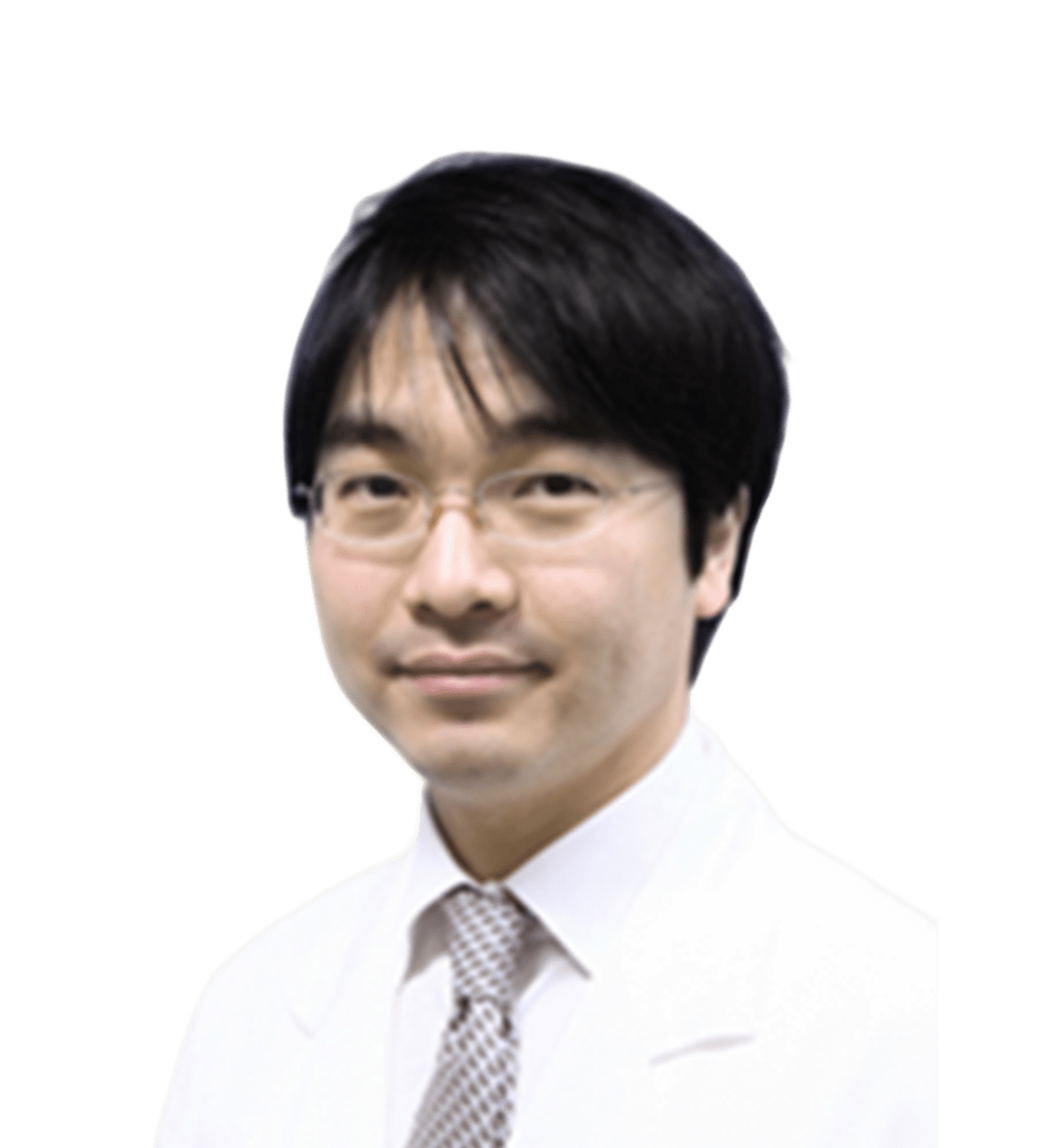
Profile of Pravastatin and its effects in transplant recipients
Jae Yoon Park Dongguk University, Republic of Korea 08:02~08:14 -
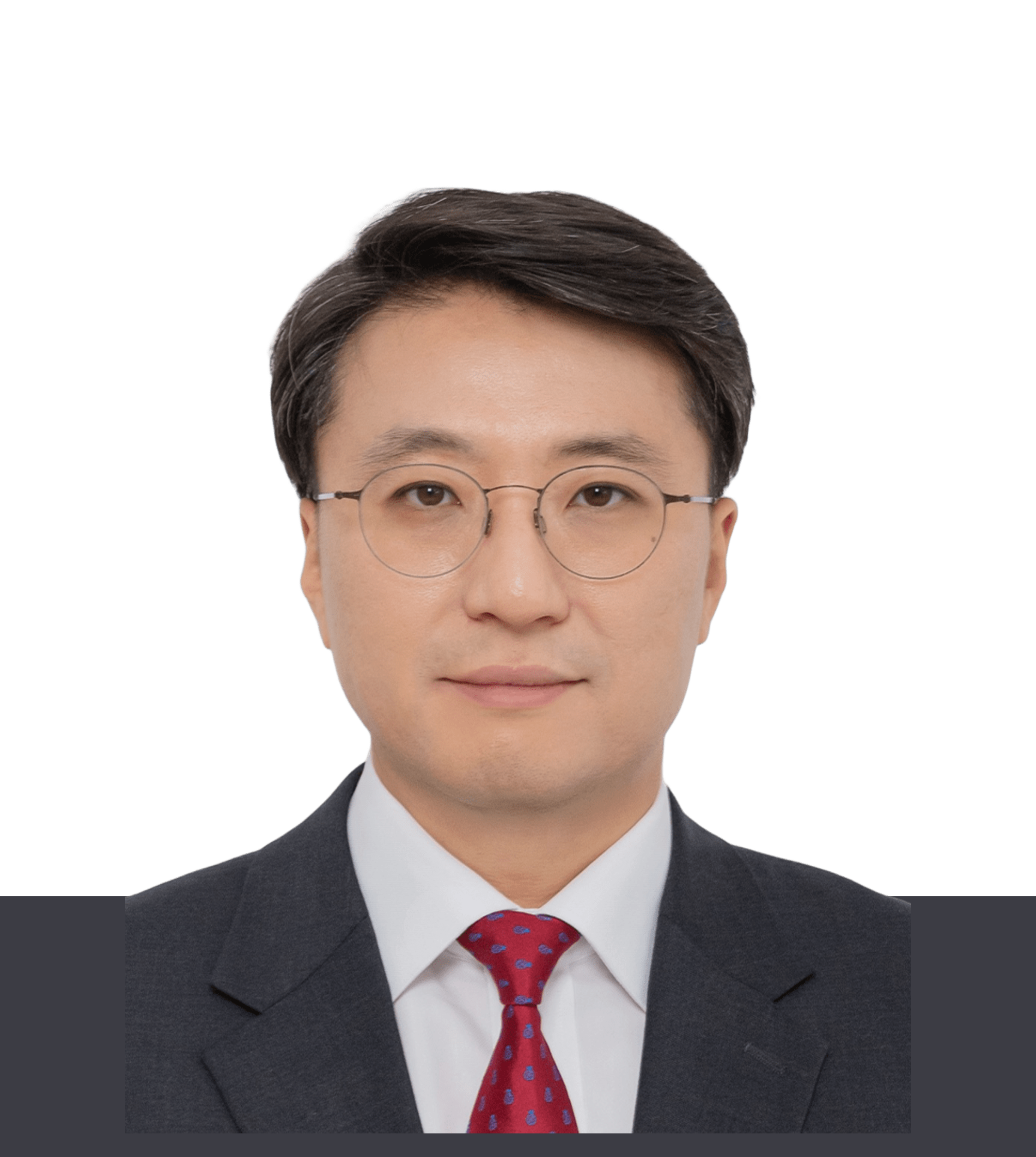
Comparative effectiveness of lercanidipine and amlodipine on MACE in hypertensive patients
Hyung Joon Joo Korea University, Republic of Korea 08:14~08:26
Chairperson(s) : Jang-Young Kim (Yonsei University, Republic of Korea), Cheol-Young Park (Sungkyunkwan University, Republic of Korea)
Panel(s) : Bu Kyung Kim (Kosin University, Republic of Korea), Hyun-Suk Yang (Konkuk University, Republic of Korea), Hyemoon Chung (Kyung Hee University, Republic of Korea)
DetailThis session provides an in-depth exploration of the paradigm shift in obesity management from treatment to prevention. Prof. Choon Young Kim (Yeungnam University, Republic of Korea) presents the anti-obesity effects of bioactive compounds from natural products, focusing on cellular signaling and metabolic regulation. Prof. Yun Kyung Cho (University of Ulsan, Republic of Korea) discusses the therapeutic potential of semaglutide in obesity and its cardiometabolic benefits. Prof. Sang-Ho Jo (Hallym University, Republic of Korea) addresses the role of tirzepatide, a dual GIP/GLP-1 receptor agonist, in obesity treatment and comprehensive metabolic care.
-
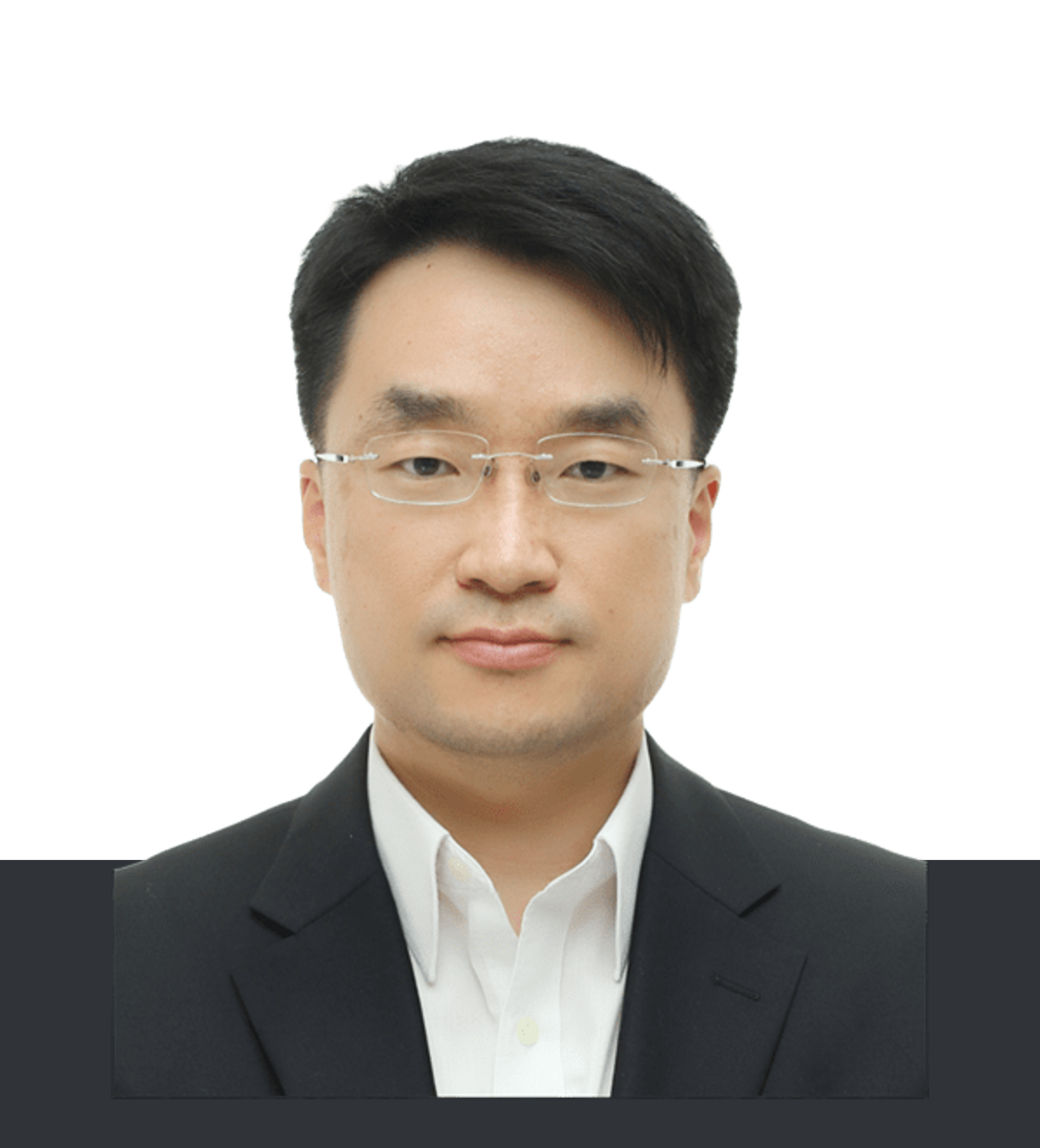
Tirzepatide a dual GIP GLP-1 receptor agonist in obesity and metabolic care
Sang-Ho Jo Hallym University, Republic of Korea 08:50~09:10 -

Anti-obesity effects of bioactive compound from natural products: a mechanism-oriented approach focusing on cellular signaling and metabolic regulation
Choon Young Kim Yeungnam University, Republic of Korea 09:10~09:30 -

Semaglutide for obesity treatment and cardiometabolic benefits
Yun Kyung Cho University of Ulsan, Republic of Korea 09:30~09:50 - Panel Discussion 09:50~10:20
Chairperson(s) : Hyuk-Sang Kwon (The Catholic University of Korea, Republic of Korea), In-Kyung Jeong (Kyung Hee University, Republic of Korea)
DetailThe Journal of Lipid and Atherosclerosis (JLA) Committee has selected five outstanding papers published over the past year for presentation in this session. The authors will share key findings from their research on lipid metabolism and cardiovascular risk. Professor Su Youn Nam explores the association between high-density lipoprotein cholesterol and hematologic malignancy risk, while Professor Mee Kyoung Kim discusses the role of kidney function in cholesterol-related cardiovascular risk in type 2 diabetes. Professors Hayato Tada and Wen-Liang Song present on the impact of lipoprotein(a) on coronary artery disease and fibrinolysis, respectively, and Professor Belen Davico addresses the role of fatty acids in childhood obesity and cardiovascular risk. This session offers timely insights into the evolving understanding of lipid-related mechanisms in cardiometabolic diseases.
-
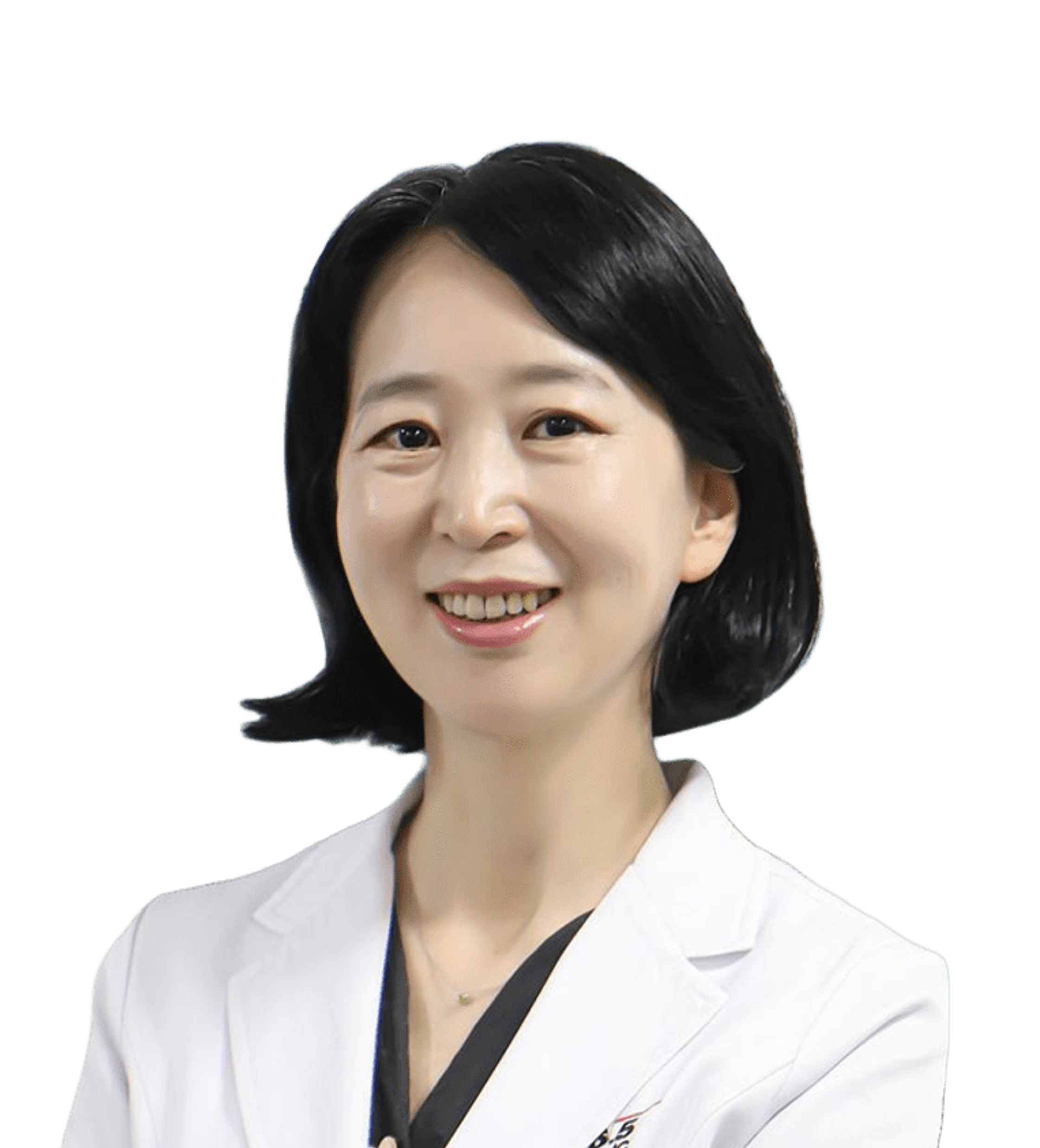
Discrepant Effect of High-Density Lipoprotein Cholesterol on the Hematologic Malignancy Risk: A Nationwide Cohort Study
Su Youn Nam Kyungpook National University, Republic of Korea 14:50~15:05 -
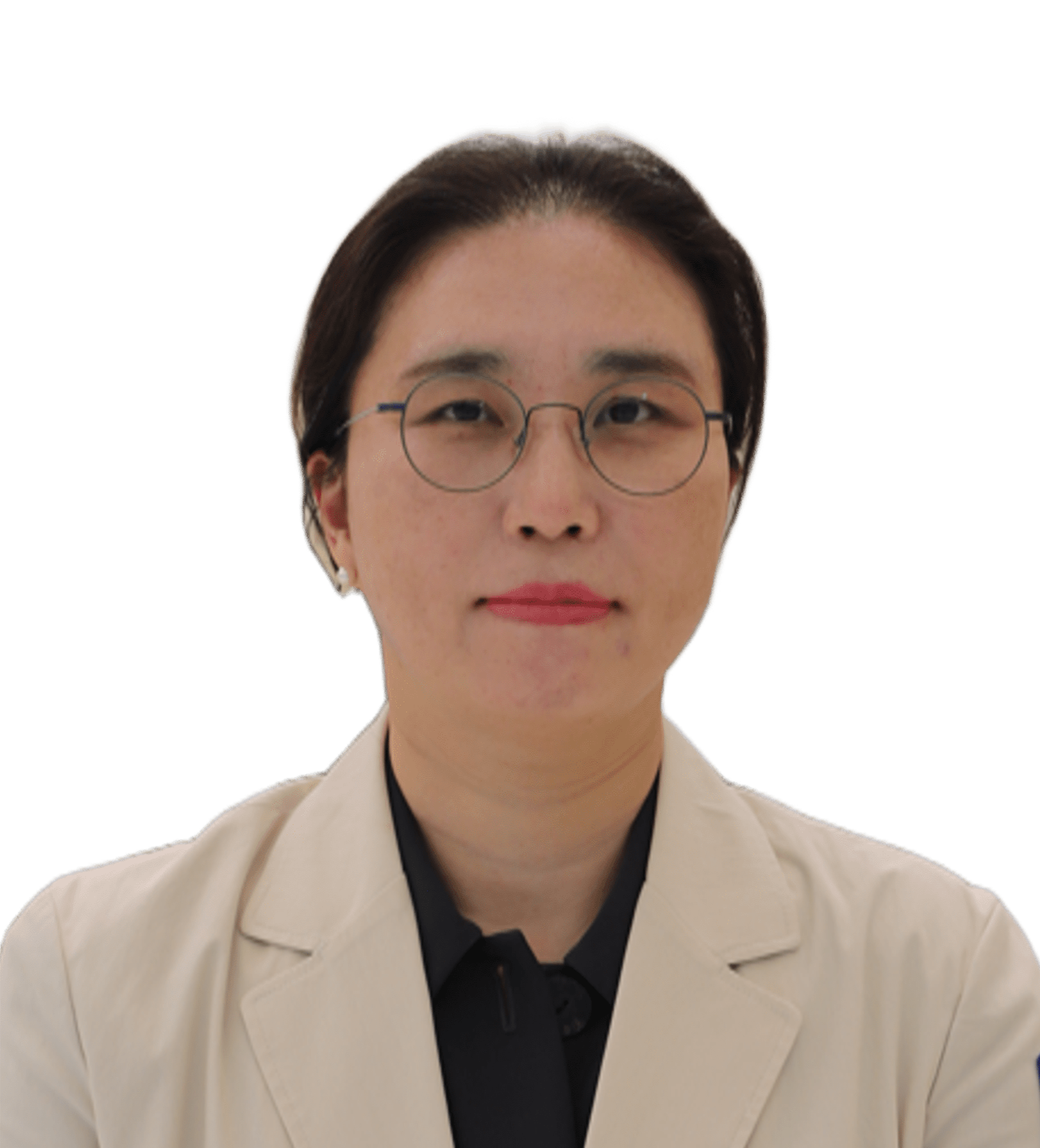
Cholesterol and Cardiovascular Risk in Type 2 Diabetes: The Role of Kidney Function
Mee Kyoung Kim The Catholic University of Korea, Republic of Korea 15:05~15:20 -
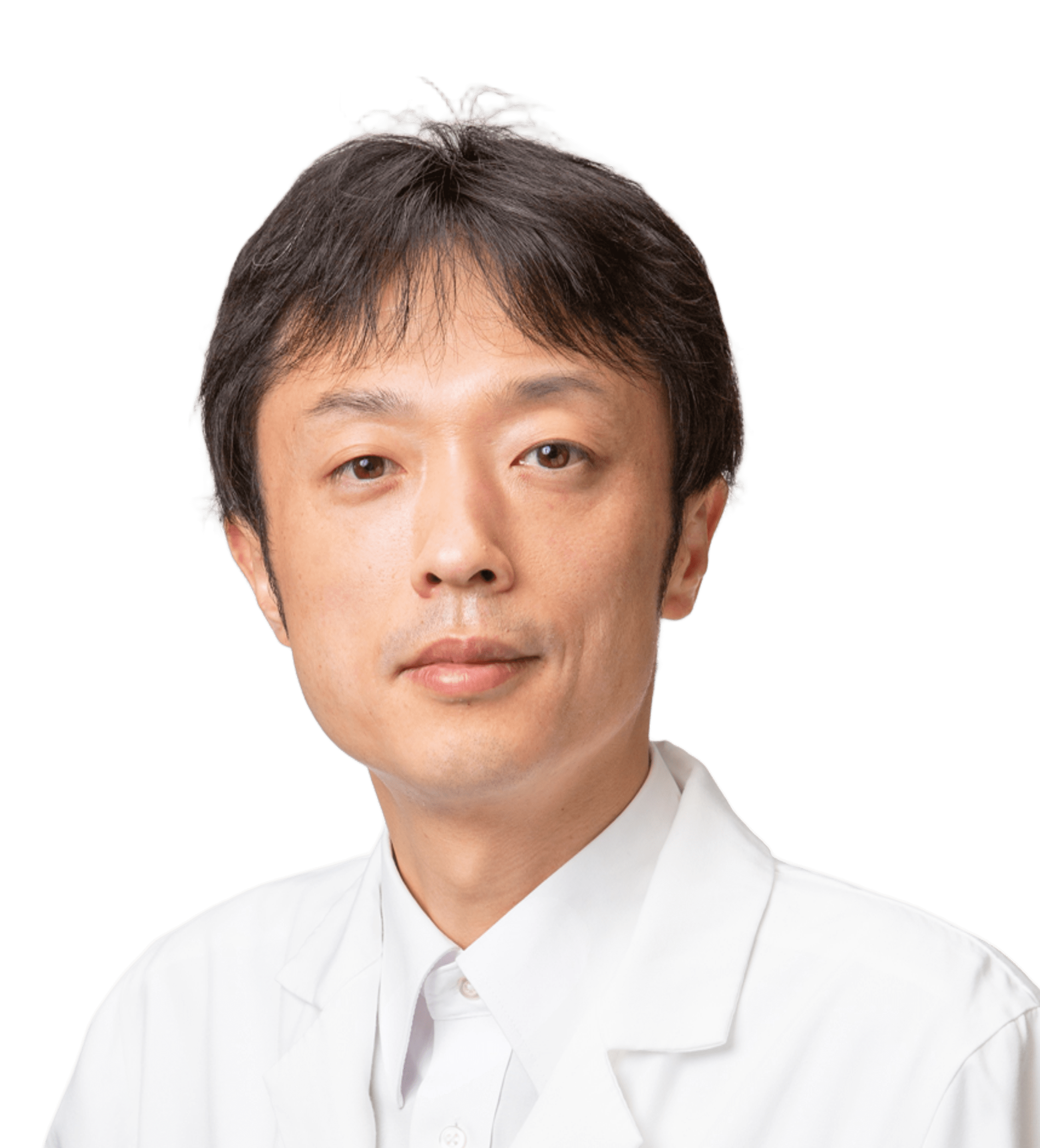
Association Between Lipoprotein (a) Levels and Coronary Artery Disease (CAD) Among Patients With or Without CAD Family History
Hayato Tada Kanazawa University, Japan 15:20~15:35 -
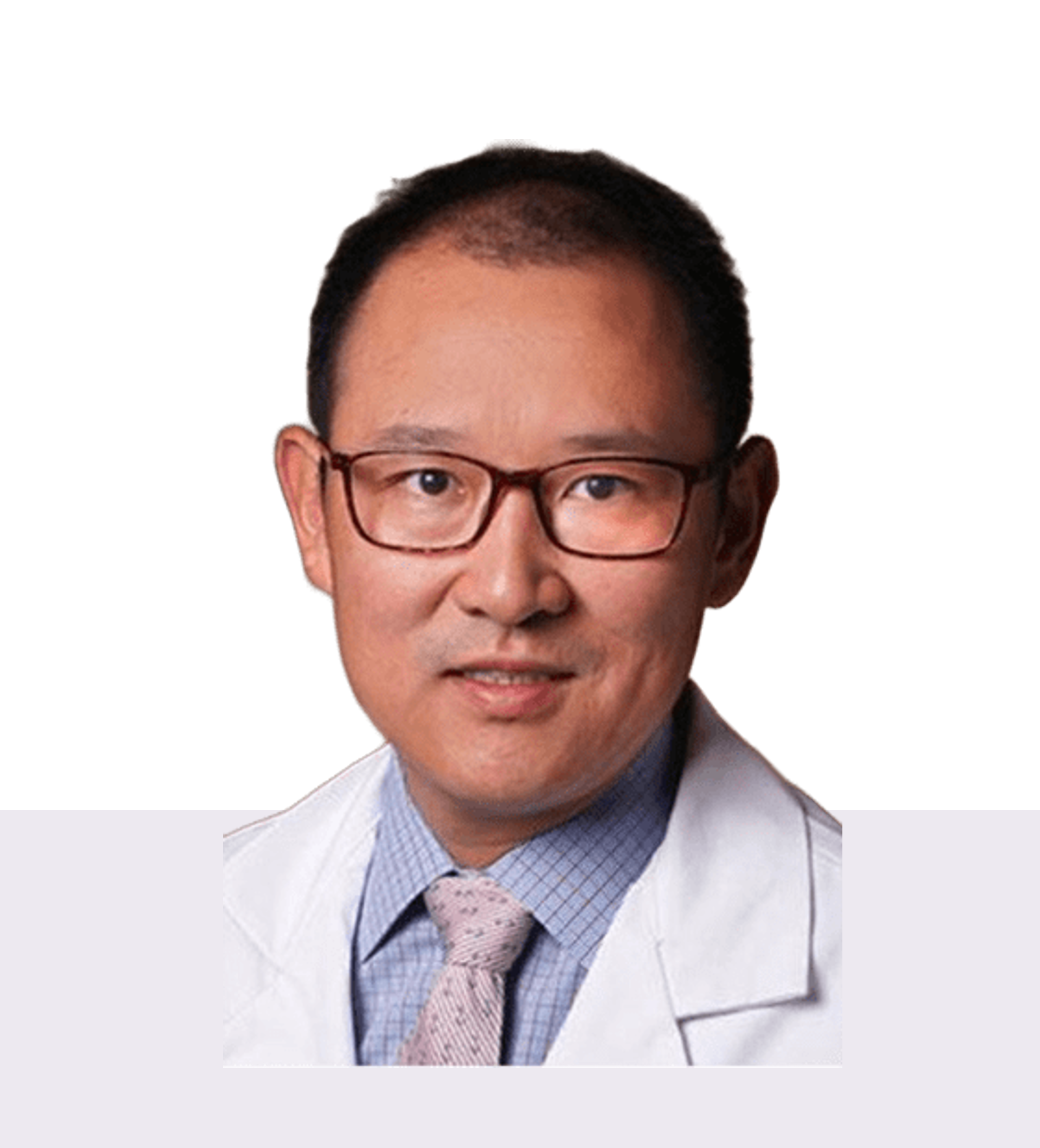
Investigation of the Influence of Lipoprotein(a) and Oxidized Lipoprotein(a) on Plasminogen Activation and Fibrinolysis
Wen-Liang Song Brown University Health, USA 15:35~15:50 -

Fatty Acids in Childhood Obesity: A Link Between Nutrition, Metabolic Alterations and Cardiovascular Risk
Belen Davico University of Buenos Aires, Argentina 15:50~16:05 - Discussion 16:05~16:20
Chairperson(s) : Donghoon Choi (Yonsei University, Republic of Korea), Sang-Hyun Lhm (The Catholic University of Korea, Republic of Korea)
Panel(s) : Jong Shin Woo (Kyung Hee University, Republic of Korea), Hyun Sung Joh (Seoul National University, Republic of Korea), Hyo-In Choi (Sungkyunkwan University, Republic of Korea)
DetailThis symposium, titled “Recent Evidence in Non-Invasive Cardiovascular Risk Assessment Techniques,” will explore state-of-the-art methods for cardiovascular risk stratification without the need for invasive procedures. Professor Nor Ashikin Binti Md Sari (Universiti Malaya, Malaysia) will present the latest updates on coronary artery calcium (CAC) scoring and its clinical relevance. Professor Jun Hwa Hong (Eulji University, Republic of Korea) will delve into the role of carotid ultrasonography in the primary prevention of cardiovascular disease, highlighting its utility in early detection. Lastly, Professor Hack-Lyoung Kim (Seoul National University, Republic of Korea) will discuss the clinical usefulness of brachial-ankle pulse wave velocity (baPWV) for cardiovascular risk prediction in Asian populations.
-

Recent updates on coronary artery calcium scoring
Nor Ashikin Md Sari Universiti Malaya, Malaysia 16:20~16:40 -
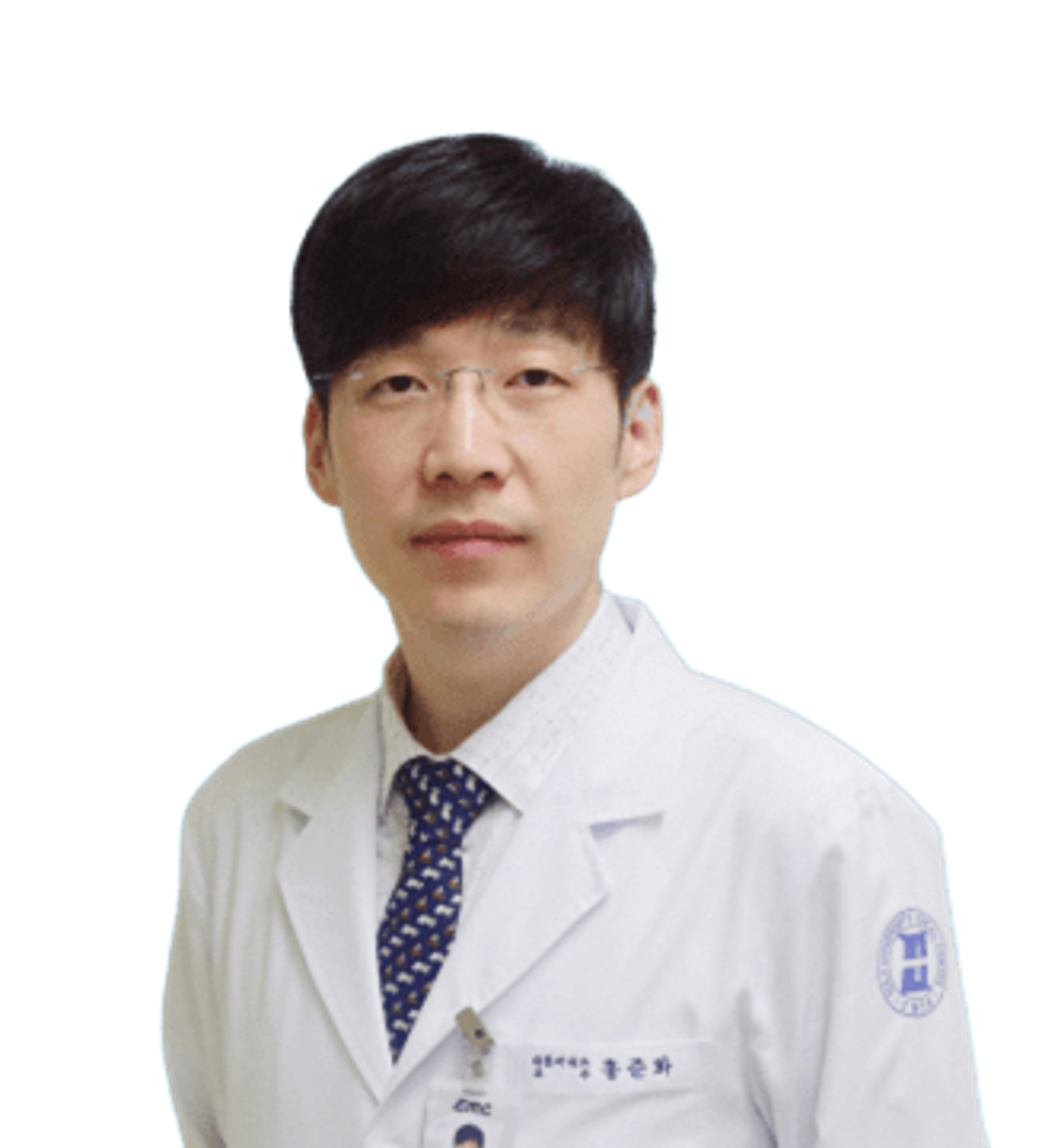
The role of carotid ultrasonography for the primary prevention of cardiovascular disease
Jun Hwa Hong Eulji University, Republic of Korea 16:40~17:00 -
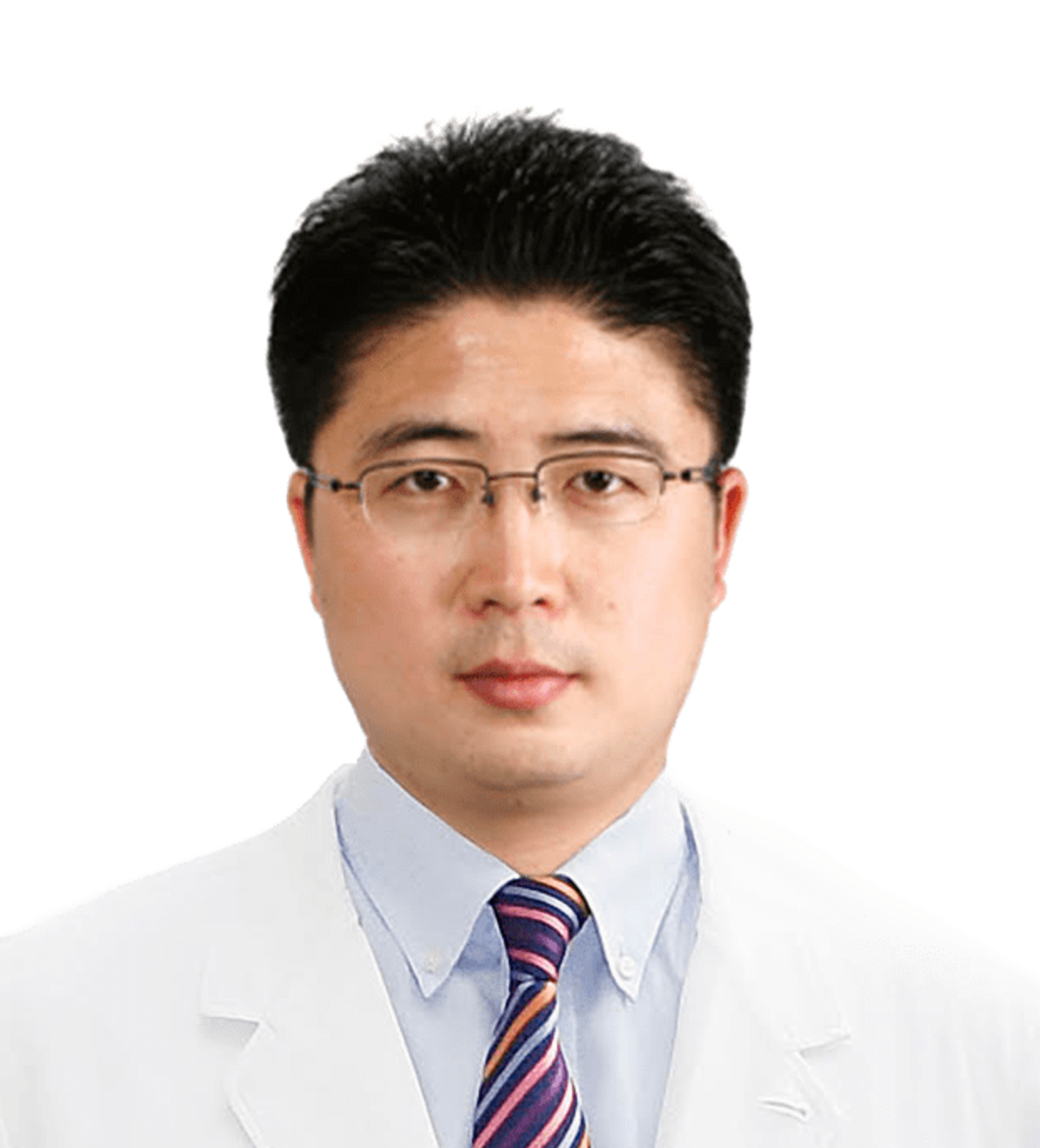
The usefulness of brachial-ankle PWV in the risk prediction for Asians
Hack-Lyoung Kim Seoul National University, Republic of Korea 17:00~17:20 - Panel Discussion 17:20~17:50


